Best Go/Golang Bloggers, Experts and Influencers To Follow In 2022
Go/Golang is one of the most popular programming languages today. Go is an open-source programming language sometimes referred to as “Golang”, created in 2007 by three Google engineers: Robert Griesemer, Rob Pike, and Ken Thompson.
Go was originally marketed as a modern systems language, but users of Quora admit the next: “Go is becoming increasingly popular as a language for writing microservices due to its elegant concurrency model, easy binary deployment, few external dependencies, high performance, and efficiency”.
A strongly typed language is becoming increasingly popular due to its support for garbage collection and concurrency. It features high performance, scalability, and resource efficiency. Unsurprisingly, Go is used in many areas these days, including web applications, microservices, cloud computing, web servers, and other systems/tools.
A creative and passionate community of Go developers and users (“Gophers”) has grown around the language and today hosts:
There are also a number of knowledgeable and interesting Go experts that any Gopher (or future Gopher) on the Internet should keep an eye on.
We’ve compiled 30 of our favorites below. If you want to learn more about this particular programming language and keep up with the latest news and developments in the world of Go, let these smart people be your guides!
In this article, we’ll take a look at blogs from Go users, contributors, and educators about different ways to use the Go language.
Top 30 Golang experts to follow
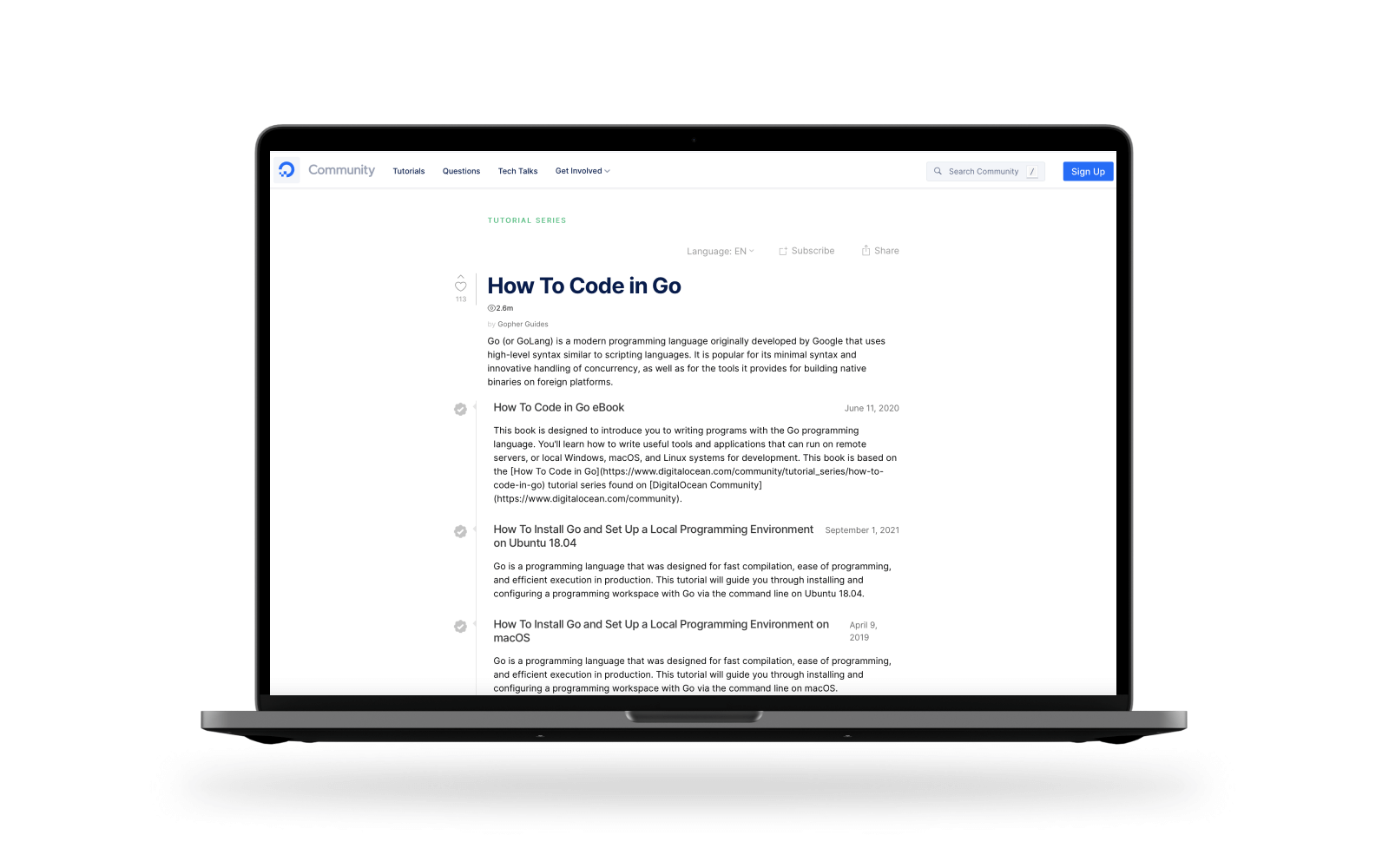
The DigitalOcean Community is a place where developers can share and teach each other. They not only produce many guides on Digital Ocean’s own products, but they also publish content about other technologies and languages. For example, their current Go coding series explains a lot of the basics like error handling and how to do a lot of things with Go, such as setting up a local programming environment in Ubuntu.
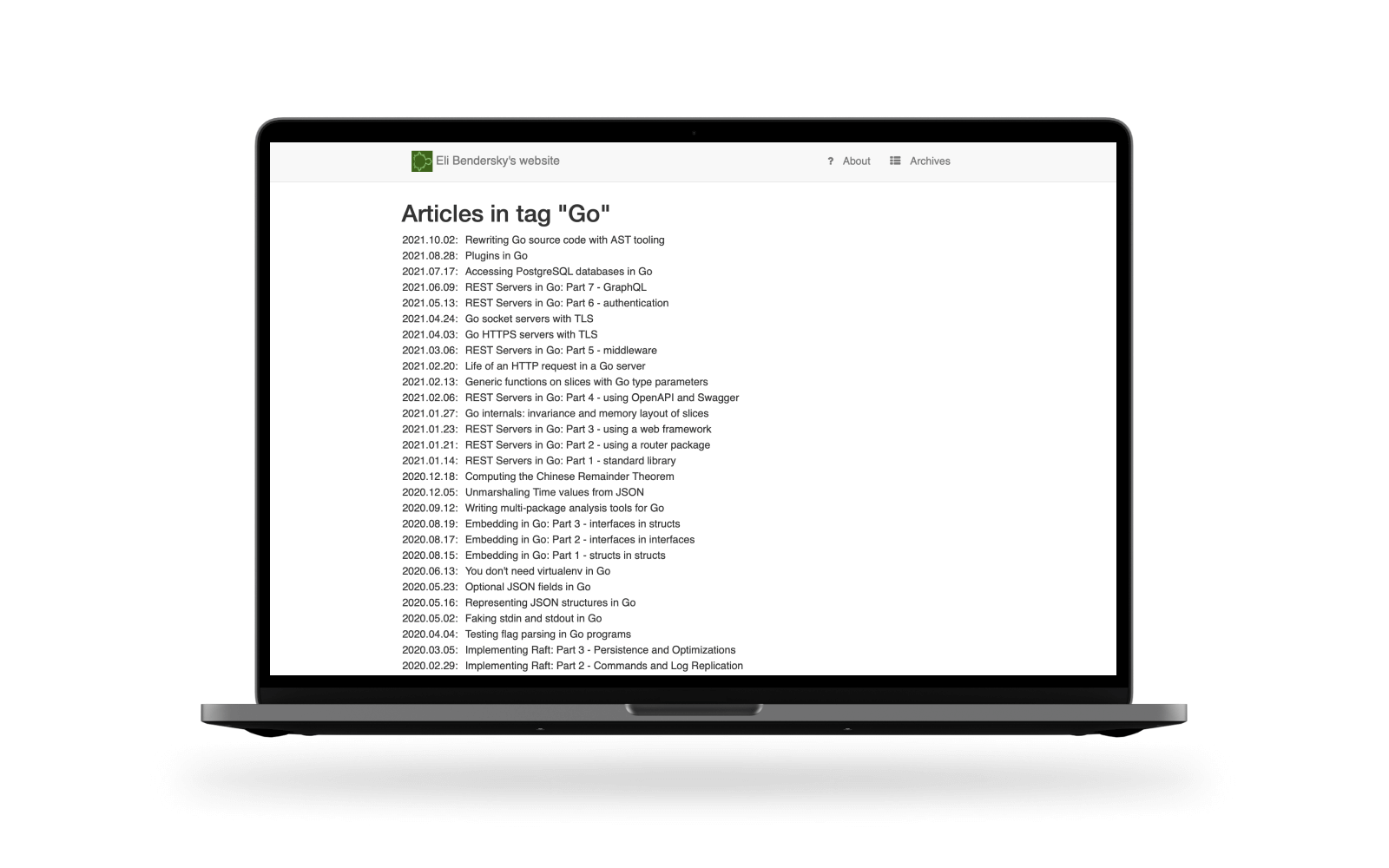
Eli Bendersky is an open-source contributor to the Go language and some of its tools. His Golang blog publishes technical content related to programming on a variety of topics and is quite active; This year alone, the Go tag has fifteen posts. He recently released a three-part tutorial on embedding in Go and a four-part series on implementing the Raft algorithm in Go.
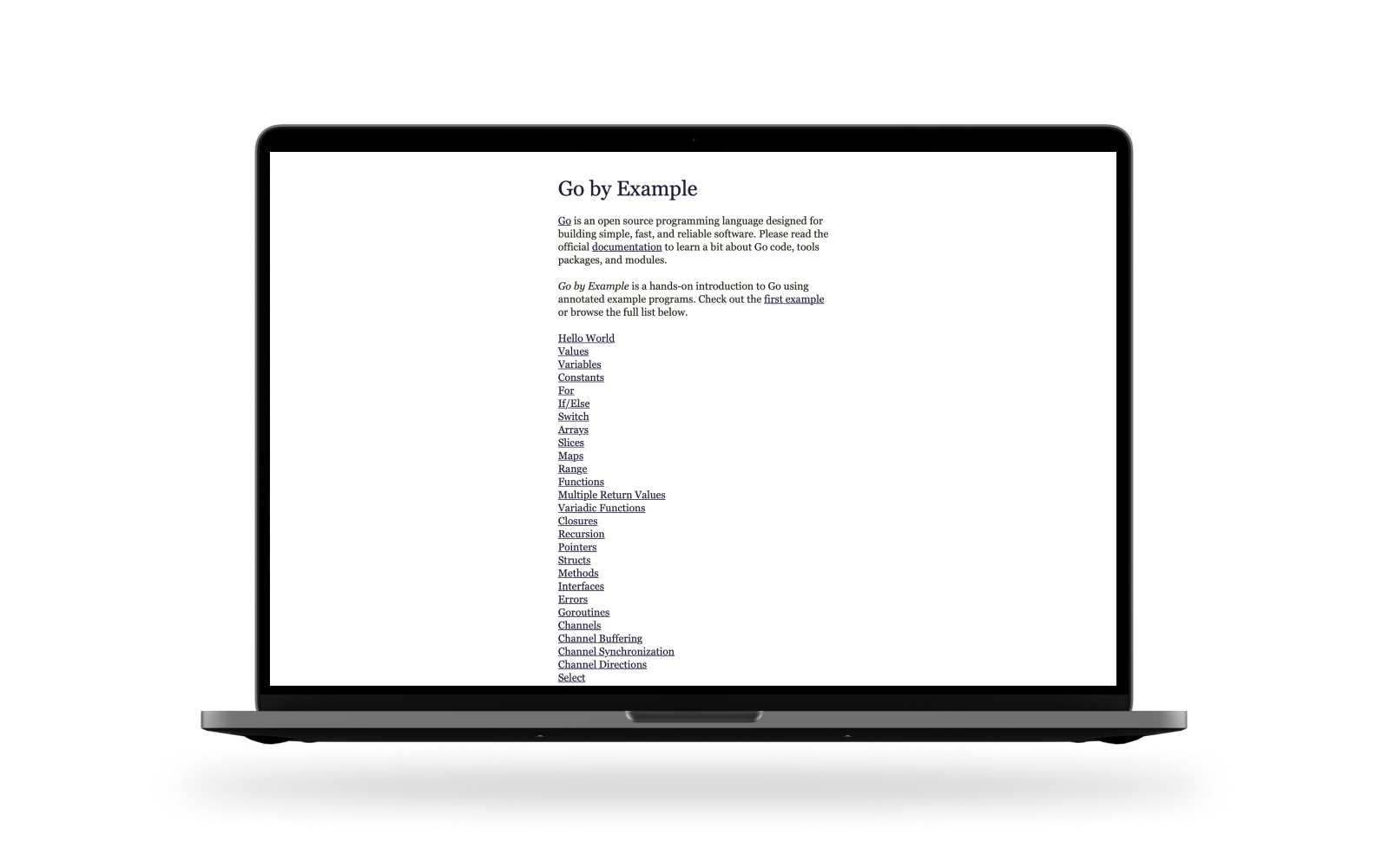
Go by Example is a self-described “hands-on introduction to Go using annotated sample programs.” This is not a Golang blog per se – it is not updated regularly, but it is a web resource dedicated to simply explaining Go concepts.
It is updated as the Go language evolves and new versions are released. It is written and maintained by Mark McGranaghan, who has led the engineering teams at Stripe and Heroku.
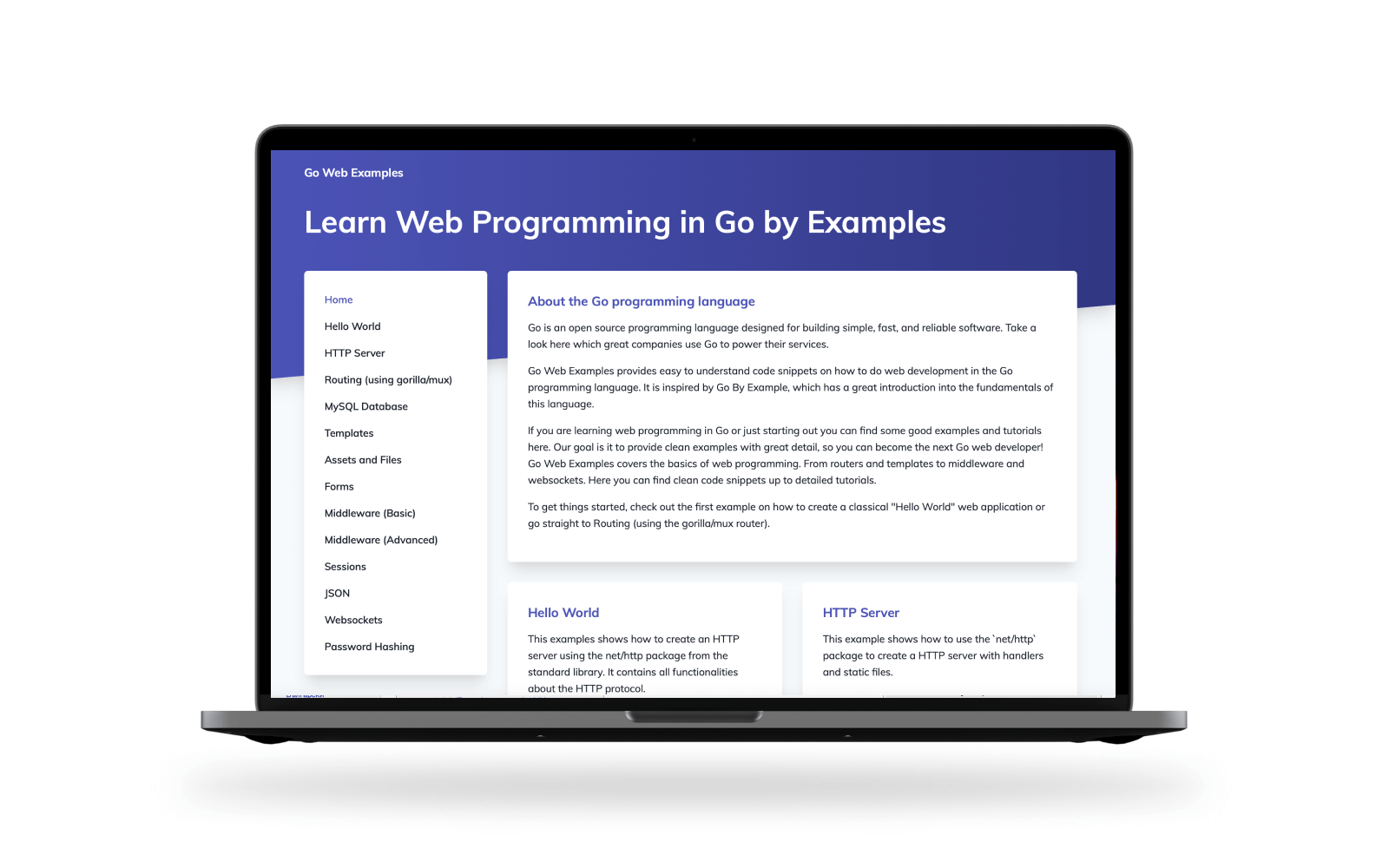
Inspired by Go by Example, Philip Tanlak created Go Web examples to provide “easy-to-understand code snippets on how to do web development” in Go. The tutorials and posts on the site are clean and detailed and are designed specifically for Go web developers.
The Go blogger covered many of the basics of web programming, including middleware, WebSockets, sessions, and working with databases. Go Web examples also provide video tutorials, some of which are free. Check out the series on how to create a Reddit clone with Go.
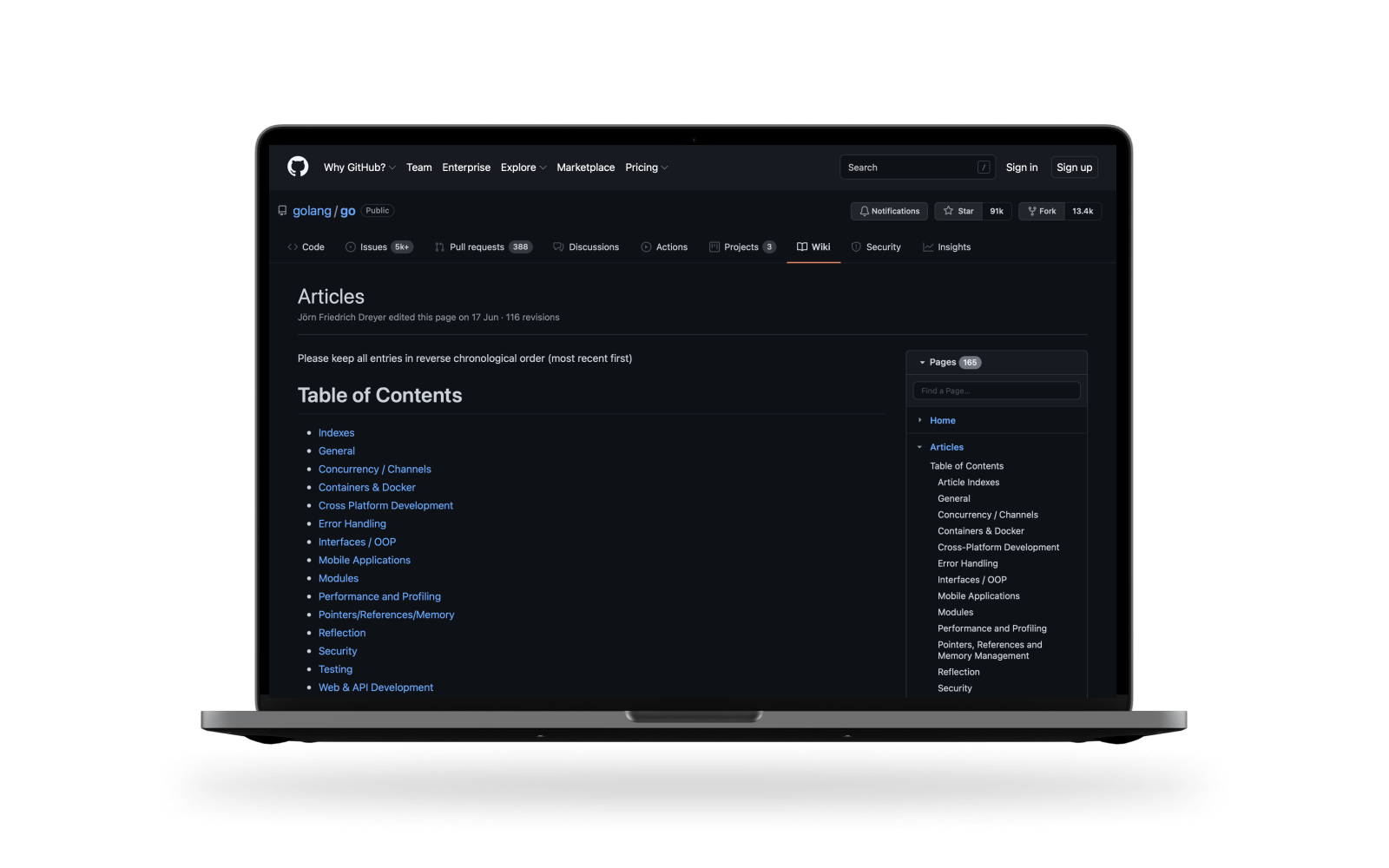
The articles section of the Go wiki Github features a wide variety of articles contributed by the Go community. They cover a great range of topics, from security, cross-platform development, testing, containers, and Docker, among others. The section is regularly updated with new posts from various authors, and also includes articles in other languages, such as Korean and Japanese.
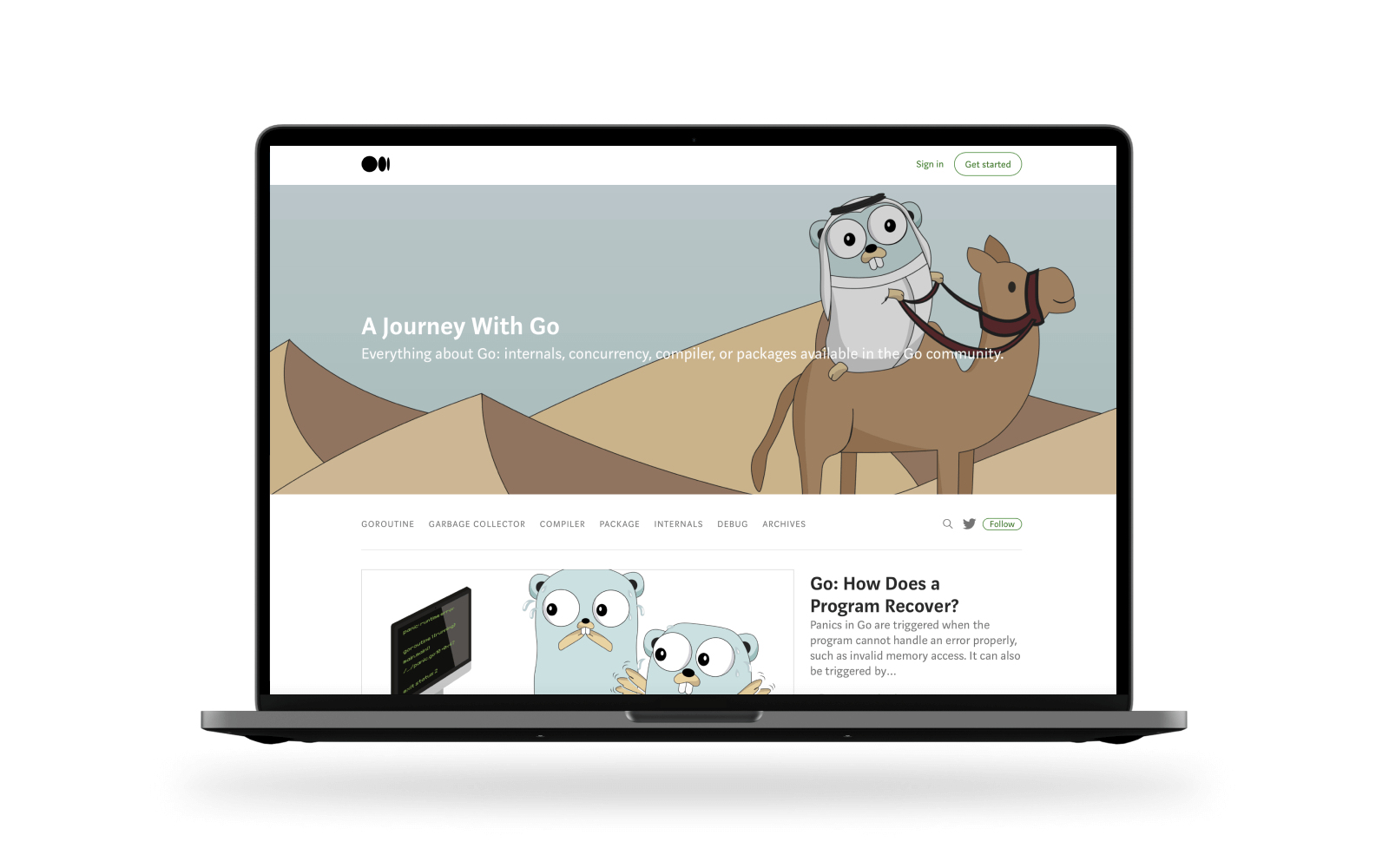
A Journey With Go is a fairly new blog, first posted in 2019. It tends to stick to the concept rather than a series of posts explaining it in detail. You can find an interesting series on the blog on garbage collection, the compiler, and more. The info is provided by Vincent Blanchon and is hosted on Medium.
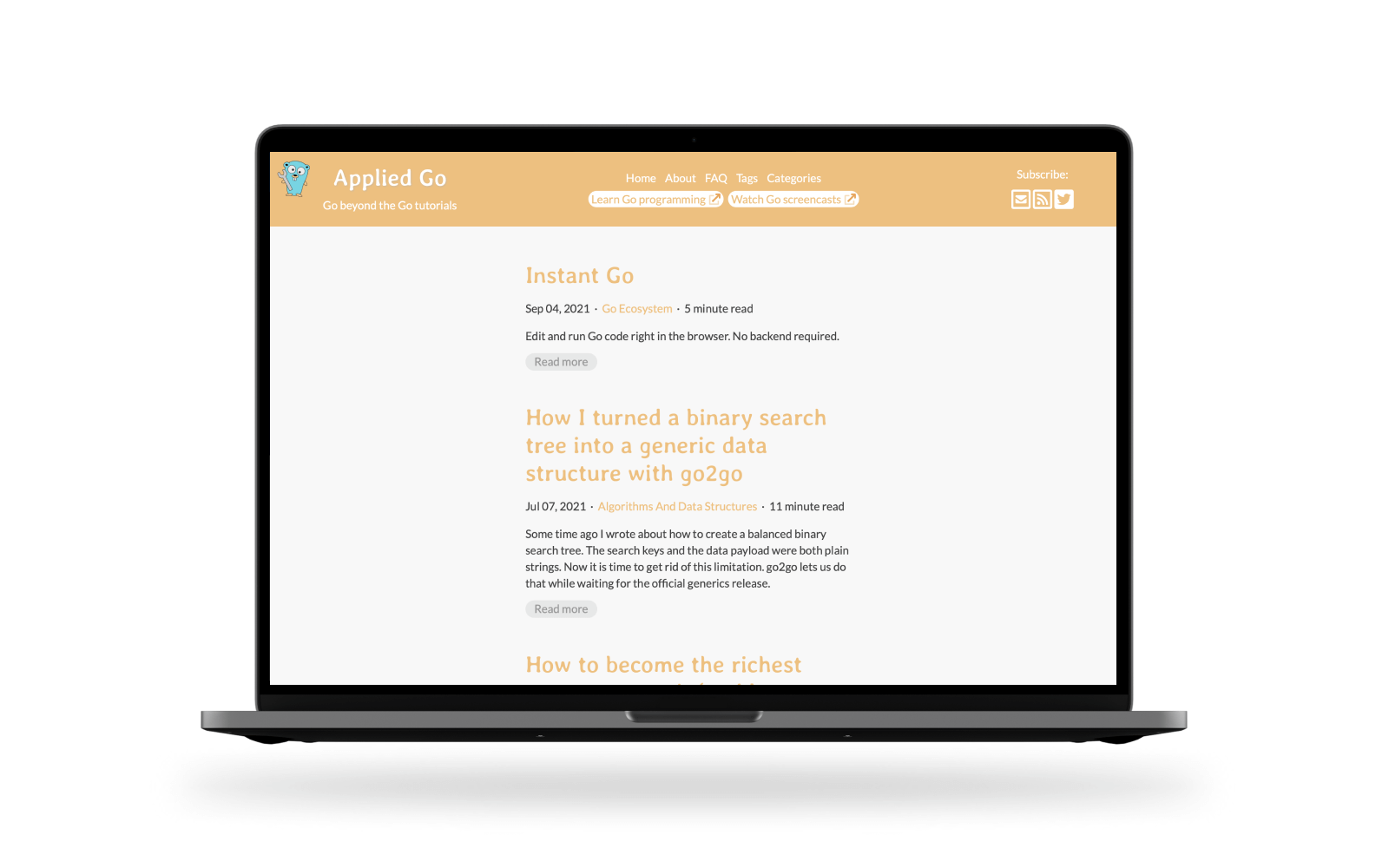
Applied Go claims to “go beyond the Go tutorials.” In addition to the Go course, the site covers topics such as algorithms and data structures, concurrent programming, distributed computing, patterns, and paradigms, among many others. You can also find screencasts to complement the posts. It is written and maintained by Christoph Berger.
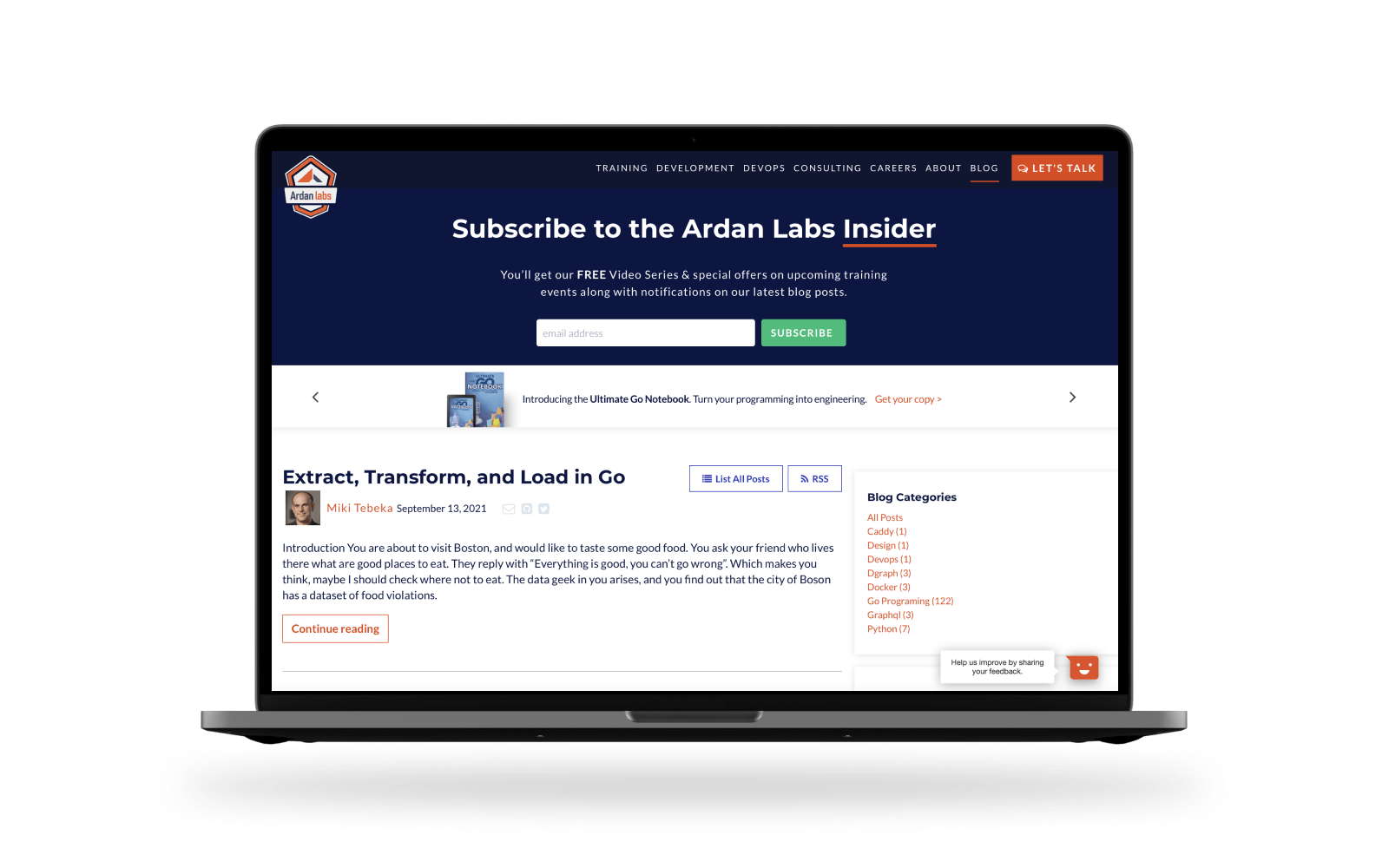
Ardan Labs is a company that provides software development services, consulting, and training to companies that use Go in their products. They have worked with a number of Fortune 500 companies that use Go. Their blog covers Go topics in detail and explains fundamental Go concepts. Some interesting series on their blog that might be worth exploring cover Generics and Modules.
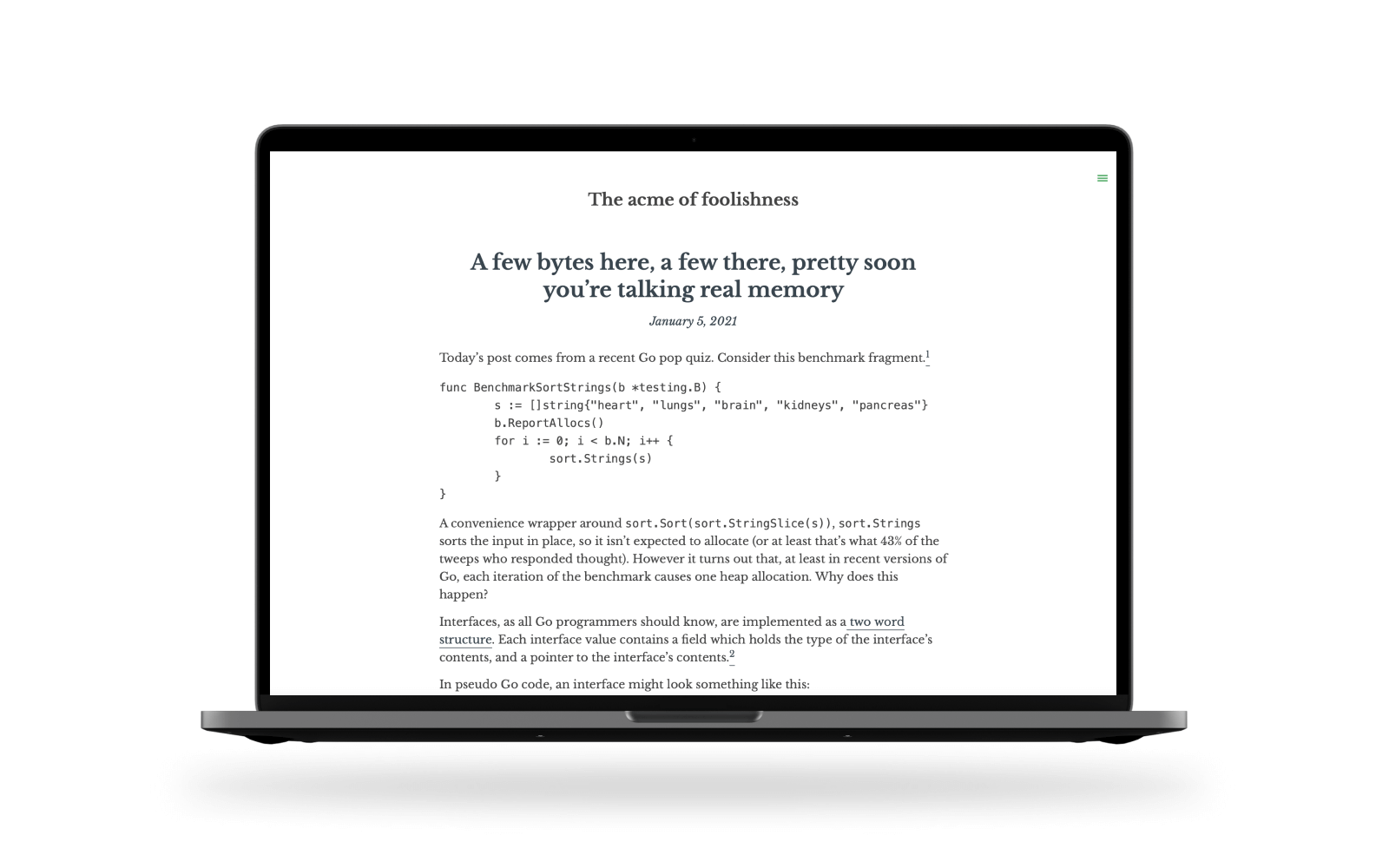
Dave Cheney is a contributor to the Go project. He is well known in the community and is a frequent speaker at conferences and events about Go. His blog talks a lot about Go but also discusses software design and other topics. Get started with a handy Practical Go section.
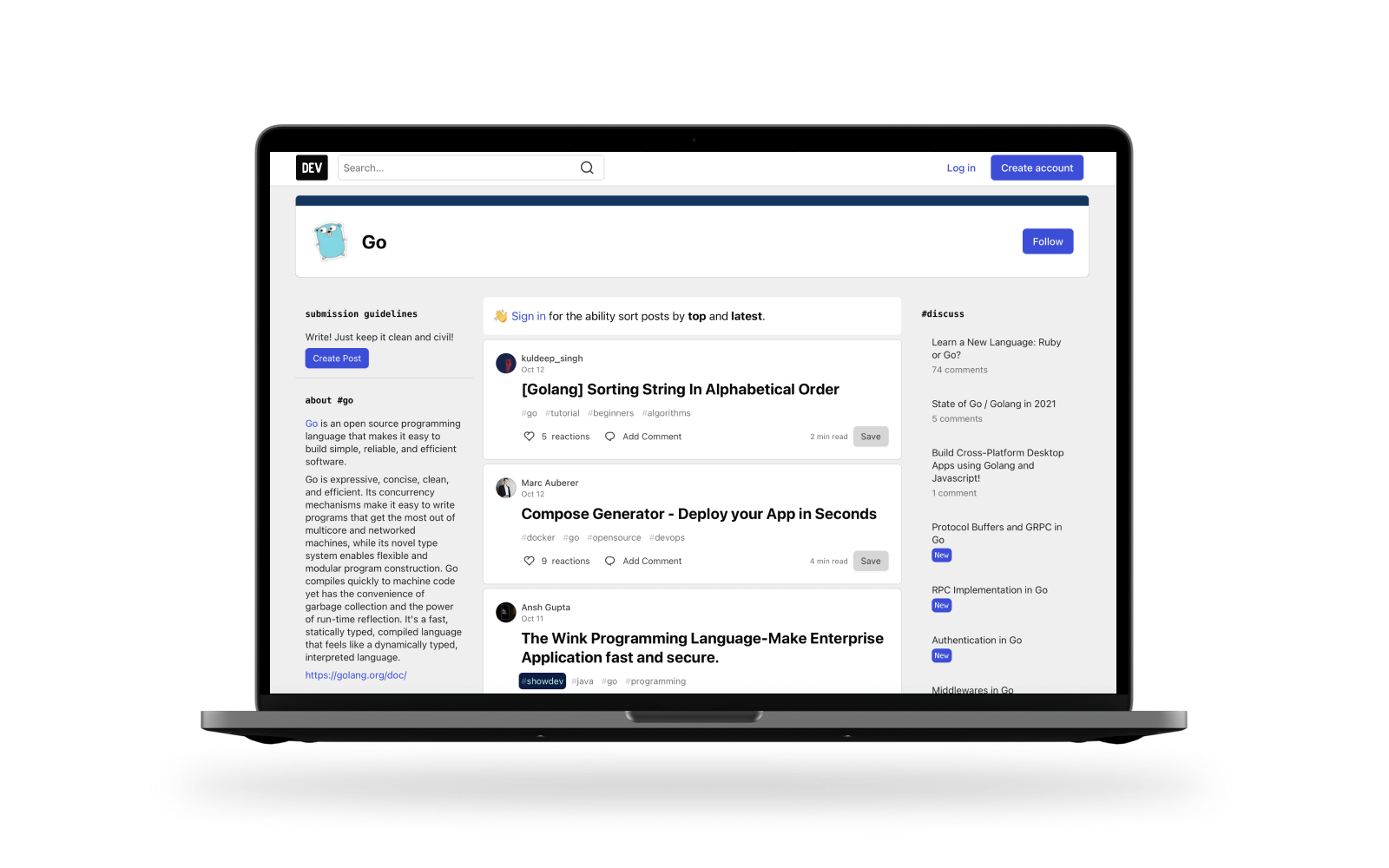
DEV is a community of software developers where people create content, network, and collaborate. Anyone can post their written, audio, or visual content to DEV, and developers can tag their content for other developers to follow.
At the time of this writing, there are about 3,400 posts under the Go tag, including tutorials, opinions, breakdowns of concepts, and people documenting their experiences. This is a great place to learn what other Go developers are working on and how they use Go in the products they create.
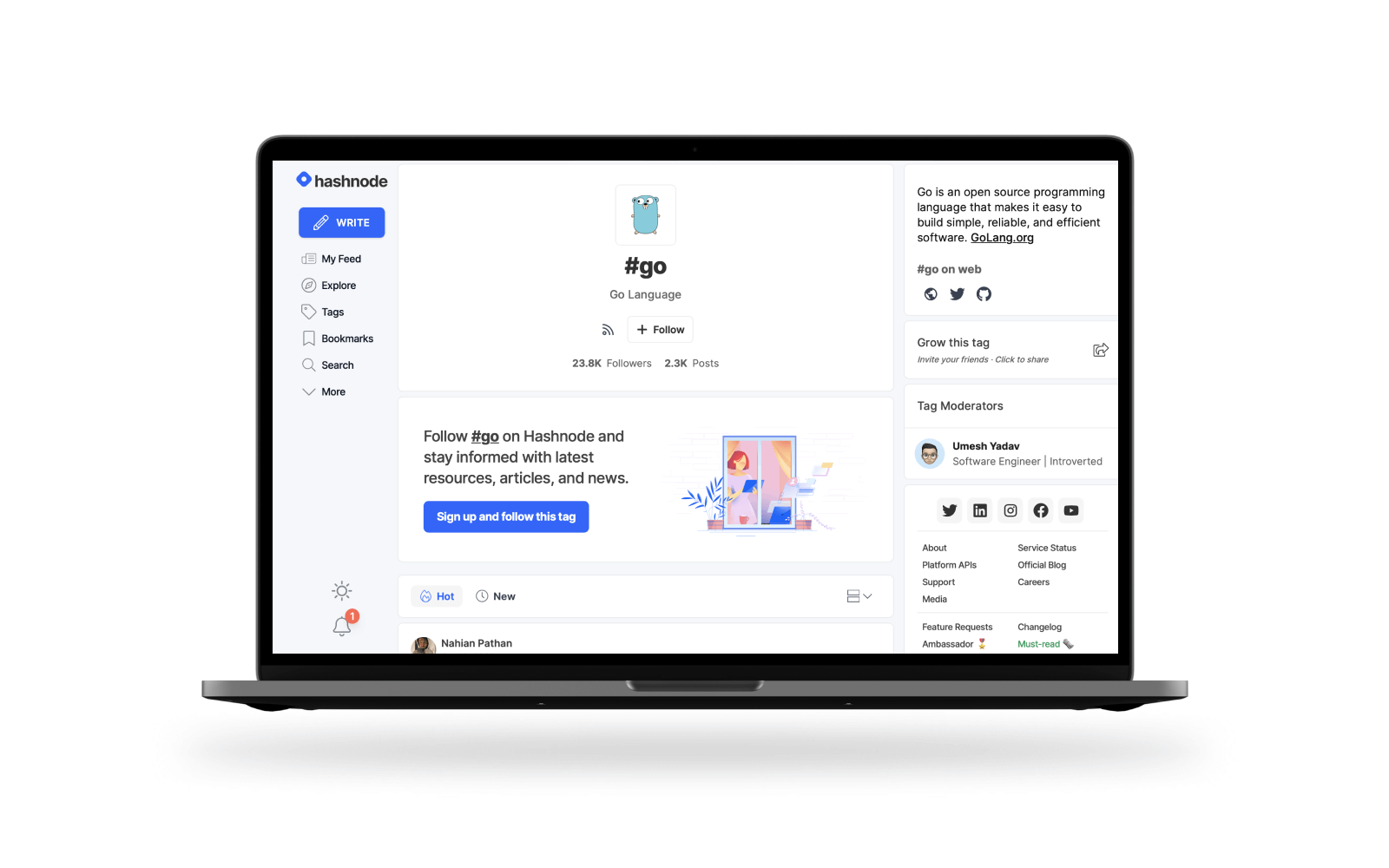
Like DEV, Hashnode is a developer community that provides a platform for publishing free content. A community of nearly 12,000 developers hosts all sorts of Go tutorials and articles in the tag, from posts for beginners to more advanced topics.
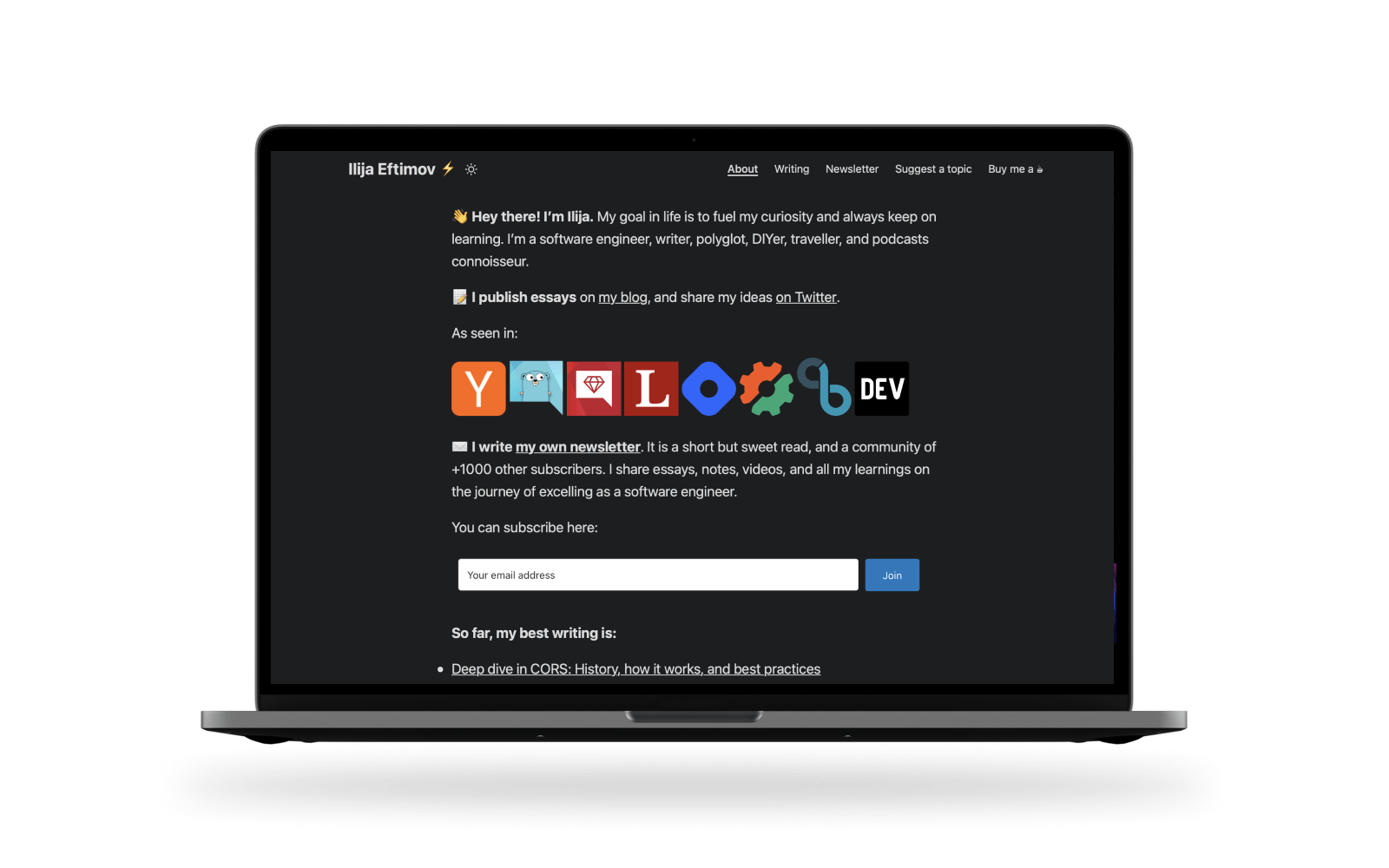
Ilija Eftimov is a Senior Software Engineer at Scribd, which uses Go. Recent posts on his blog are related to Go, especially testing. His tutorials are comprehensive and interesting, they explain how to achieve your goals with clear code examples. The Go blogger also allows his readers to suggest writing topics.
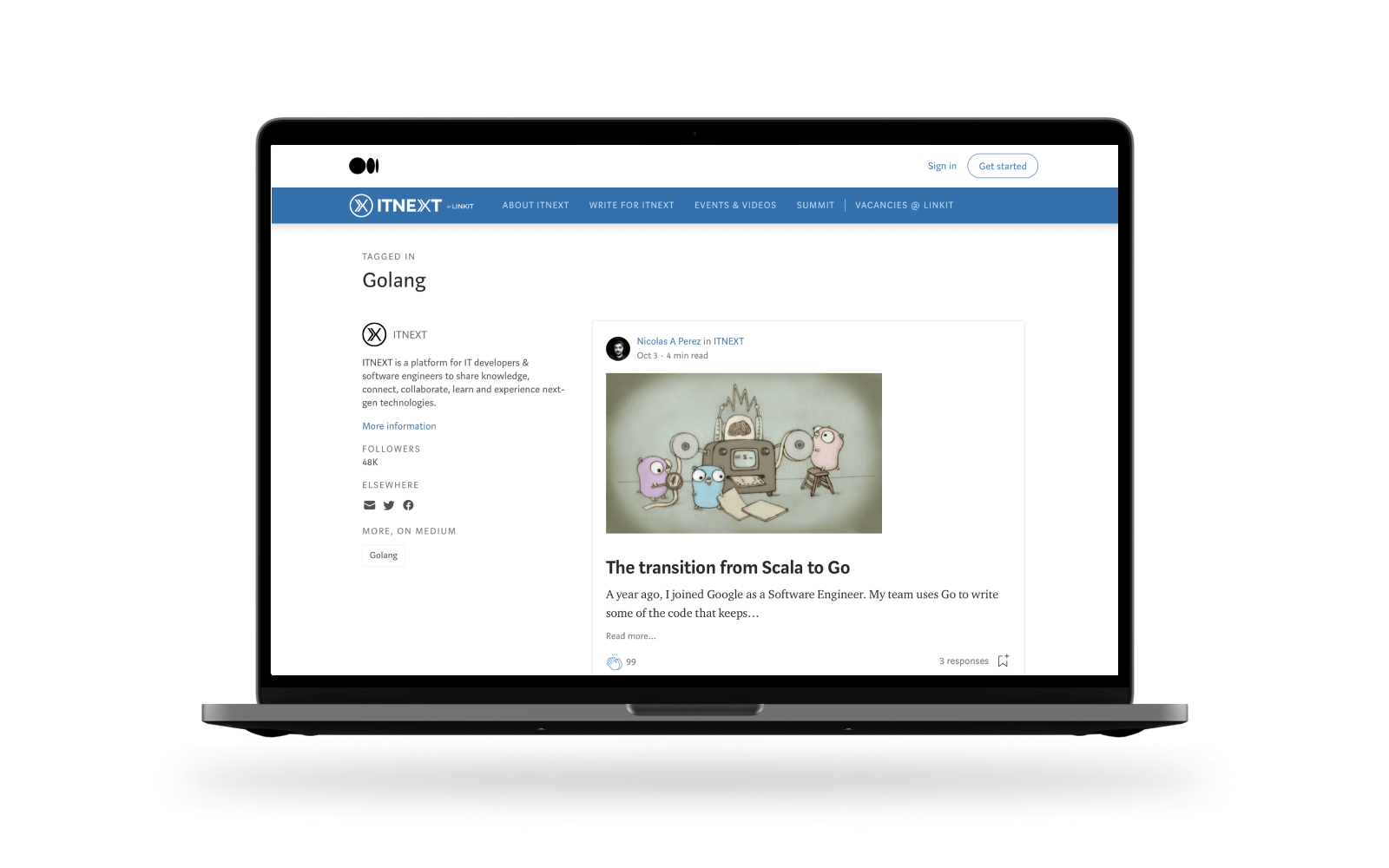
ITNEXT is a knowledge-sharing platform for software and IT developers. They hold monthly meetings and summits where developers can share their knowledge and experience with the technologies they use. ITNEXT releases a Medium publication, which allows developers to post content about their favorite technologies, including multiple posts in Go.
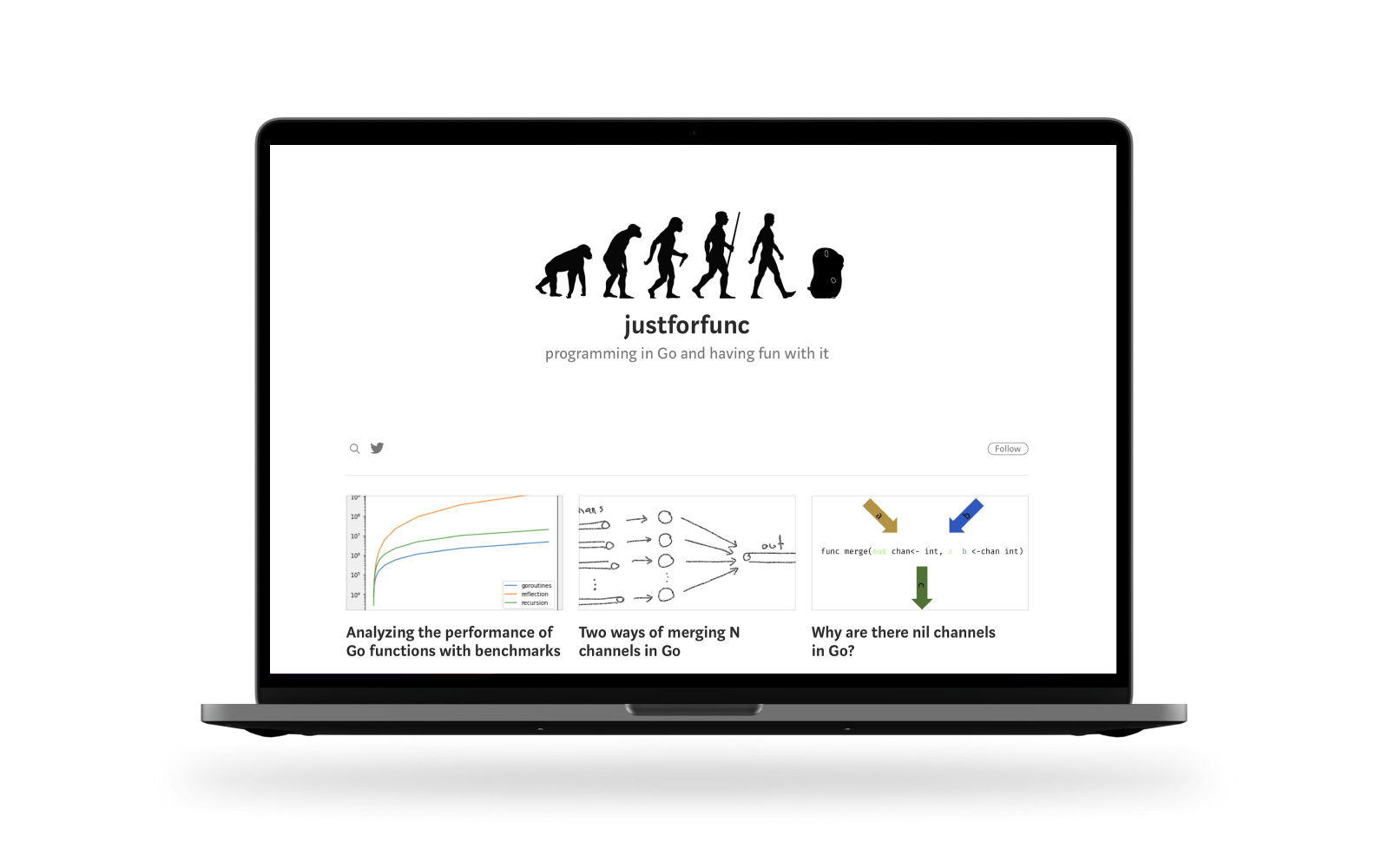
Just for Func is a Golang blog with a companion Youtube channel. It is run by Francesc Campoy, Apple’s technical manager, and former Go supporter at Google. Although the Medium blog hasn’t been updated with new posts for a long time, the YouTube version of the blog is active and contains very useful and fun videos exclusively dedicated to Go. His introduction to SemVer, modules, and the transition to modules (timecode included) is particularly insightful.

This blog has what it says in the title and walks you through the real problems of using Go. publications such as “Streaming IO in Go” and “Let’s Create an NTP Client in Go” are great examples. The author, Vladimir Vivien, hasn’t posted anything here for a long time, but these and other messages he wrote on Medium are very informative. The Go blogger is also the author of Learn Go Programming.
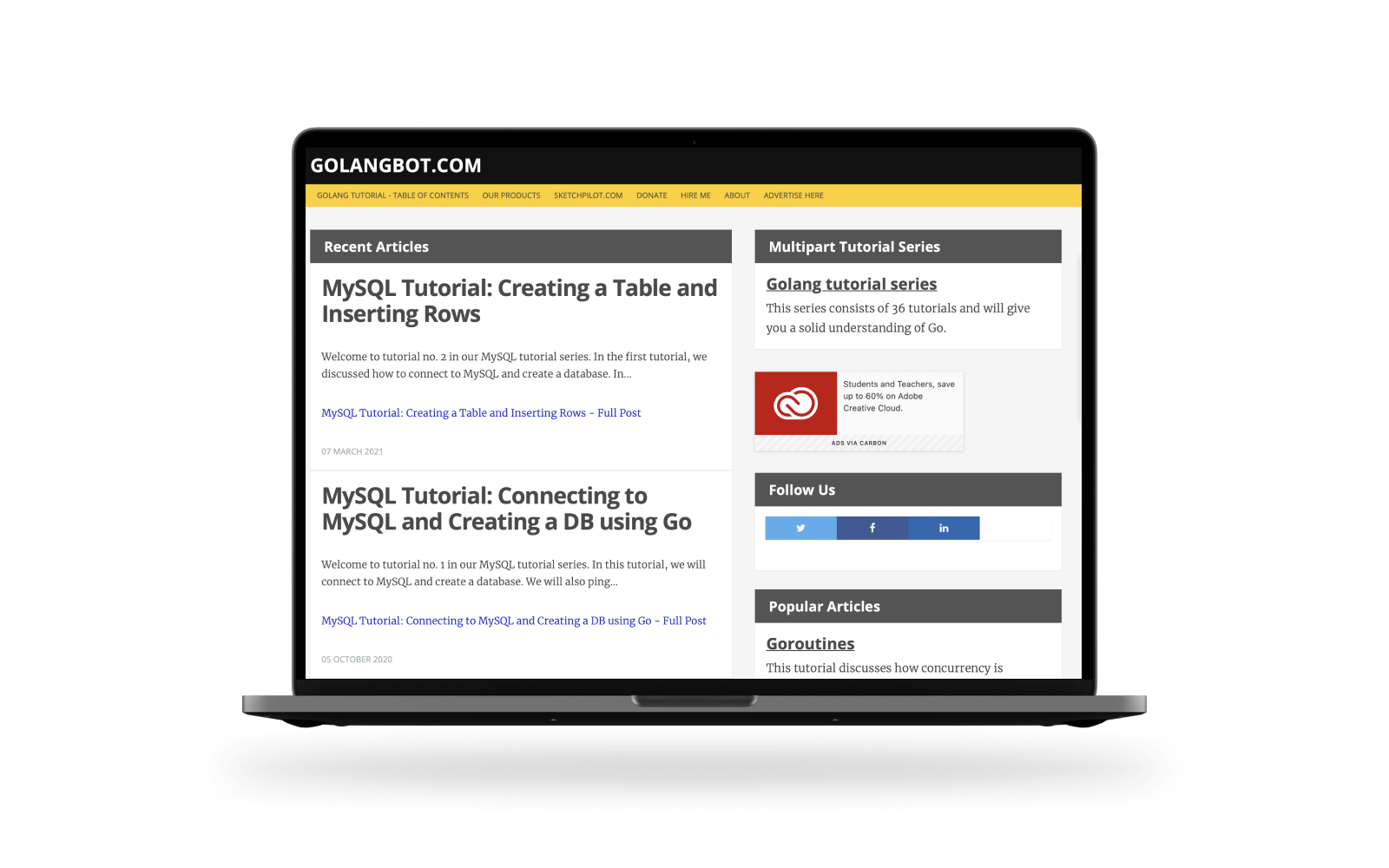
The GolangBot blog, written by Naveen Ramanathan, provides its readers with Go tutorials that emphasize simplicity and offer many code examples. His Learn Golang series is a good start for an in-depth look at the basics of Go. The most recent posts include a comprehensive series of articles on how to use MySQL database and WebAssembly with Go. You can also subscribe to the job newsletter, which is curated by the Golang developer.
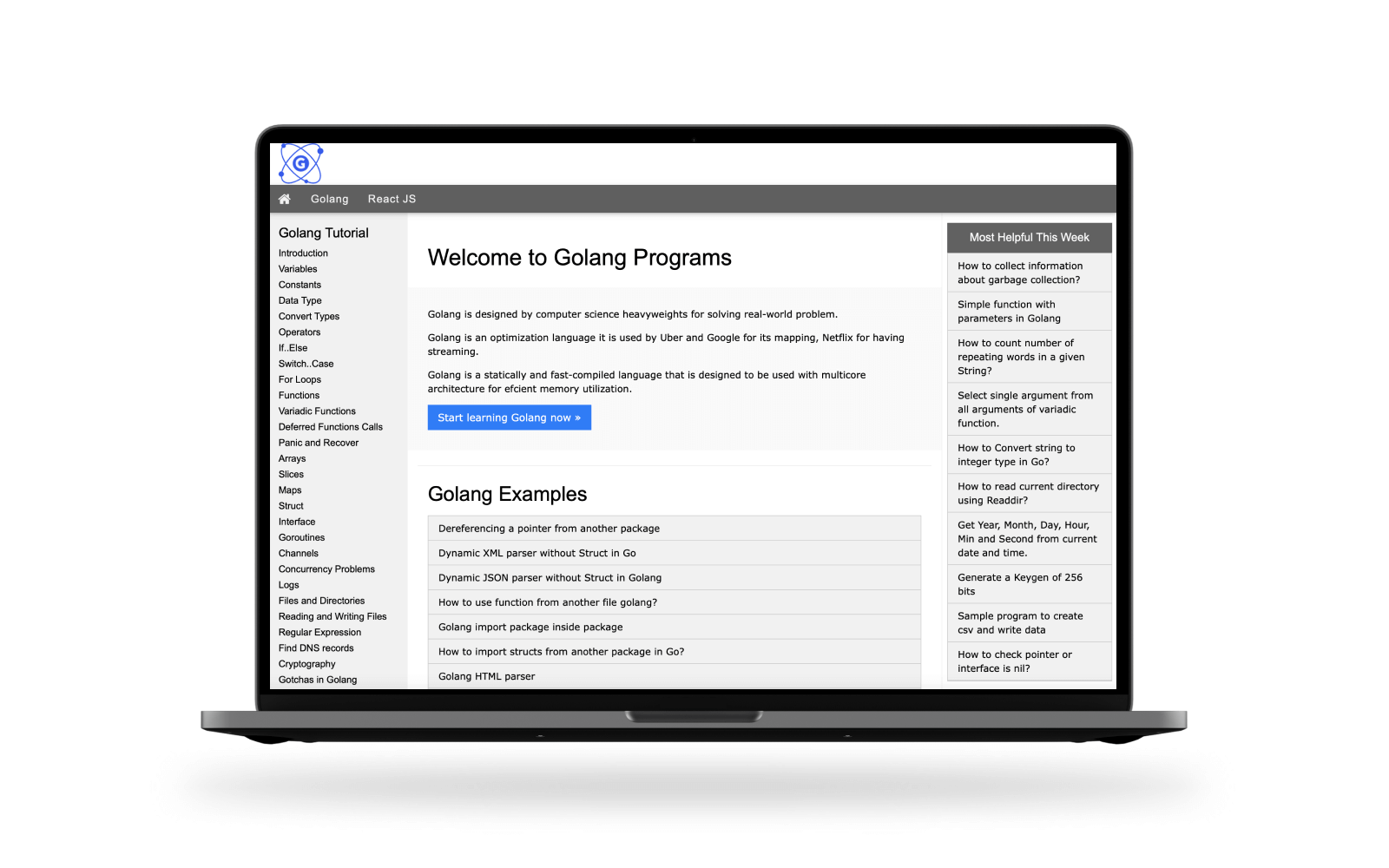
Golang Programs has comprehensive coverage of Go basics. Their posts provide helpful solutions to common problems in Go fundamentals, as well as more complex tutorials and explanations of concepts, all with detailed code as seen in their series of data structures and algorithms.
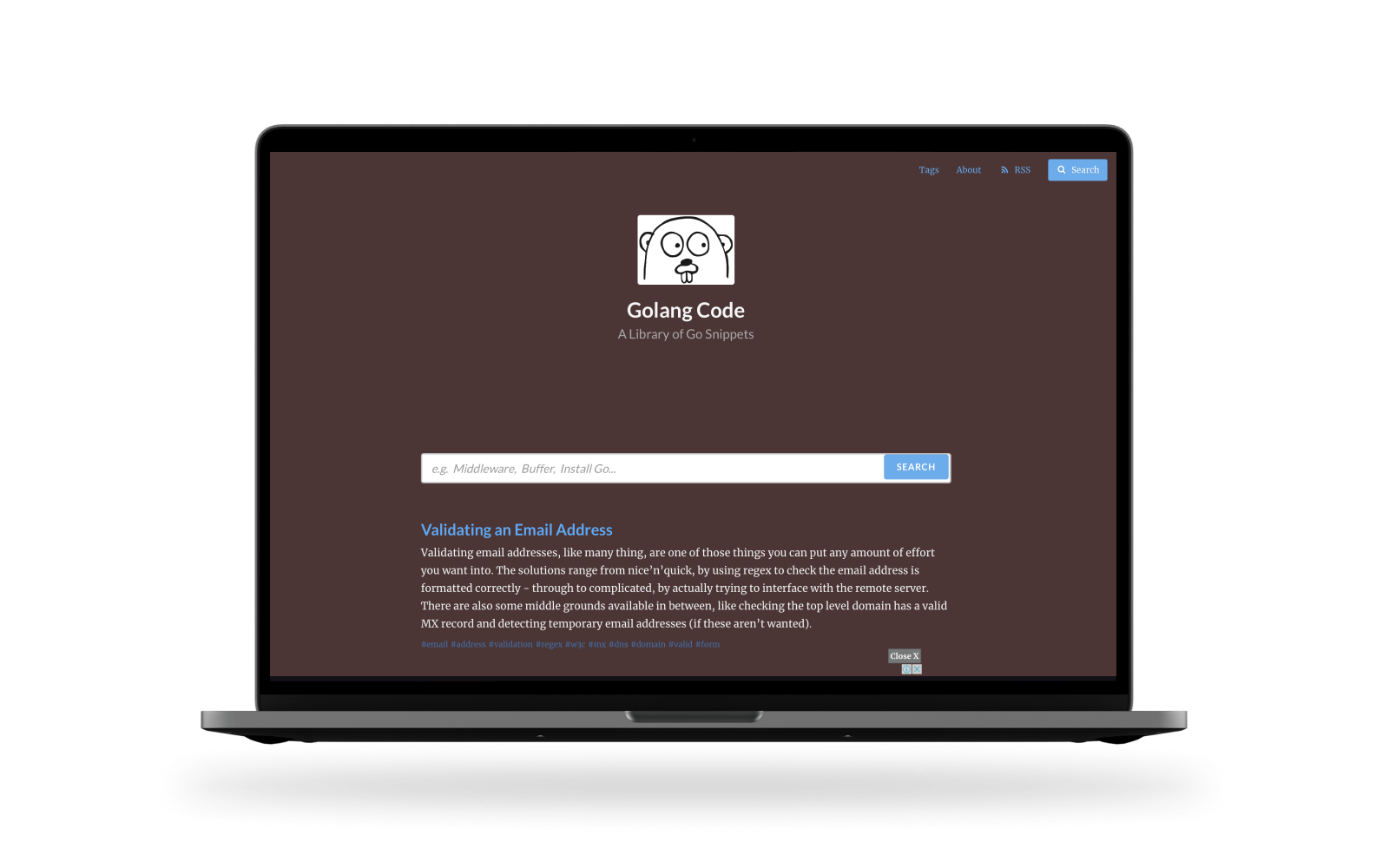
GolangCode publishes how-to guides such as “quick answers to everyday code problems that you know deep down, but require a quick Google search anyway.” This Golang blog posts detailed solutions for working with HTTP, APIs, file handling, using Goroutines, encoding, type conversions, and more. This web portal is maintained by a Go blogger Edd Turtle.
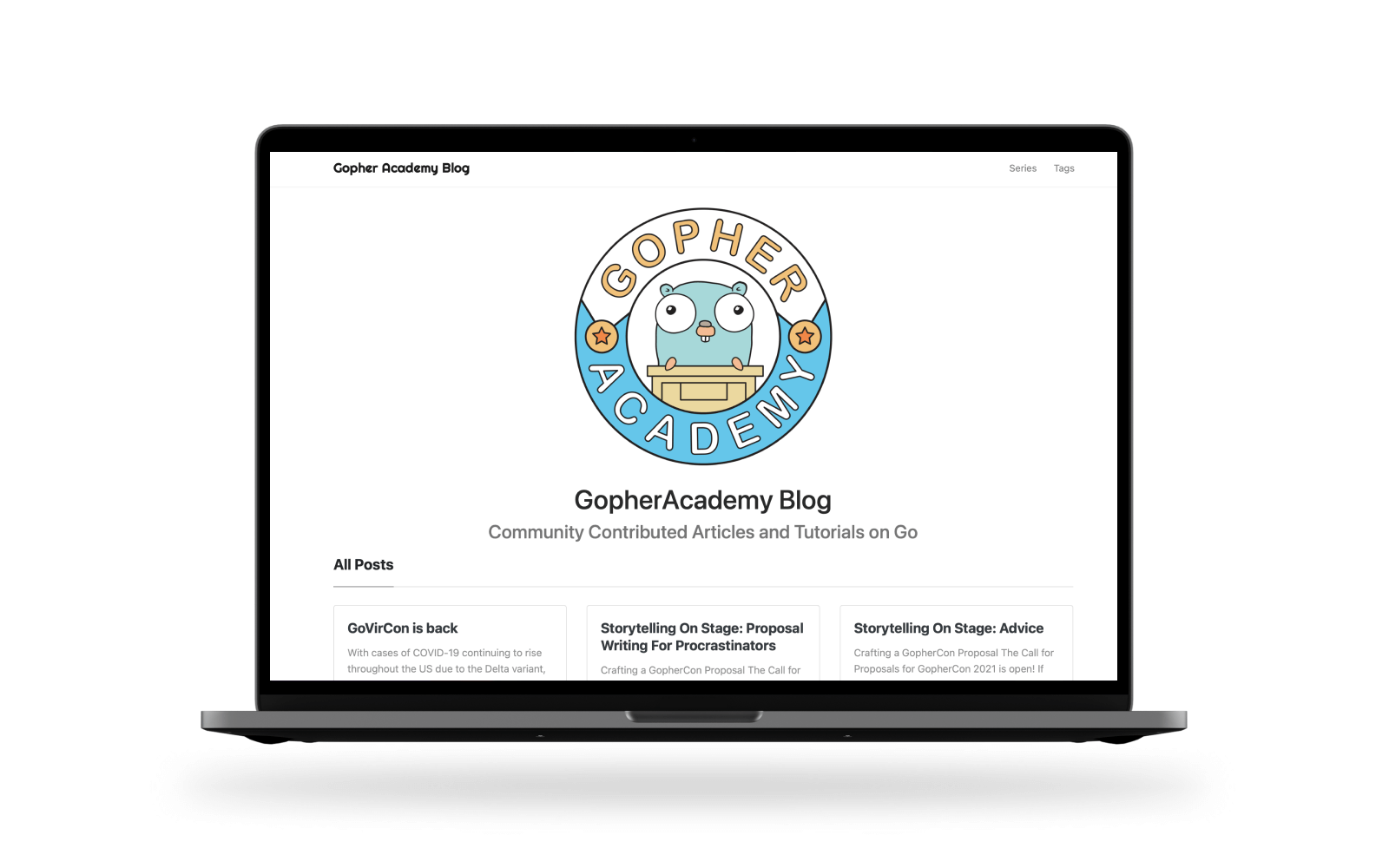
The Gopher Academy is a non-governmental organization that promotes the game of Go. They also host Gophercon, the annual North American go conference. Their blog posts news about the conference, as well as a wide range of Go-related topics. You can also find links to their Youtube channel, which has videos from previous Gophercons.
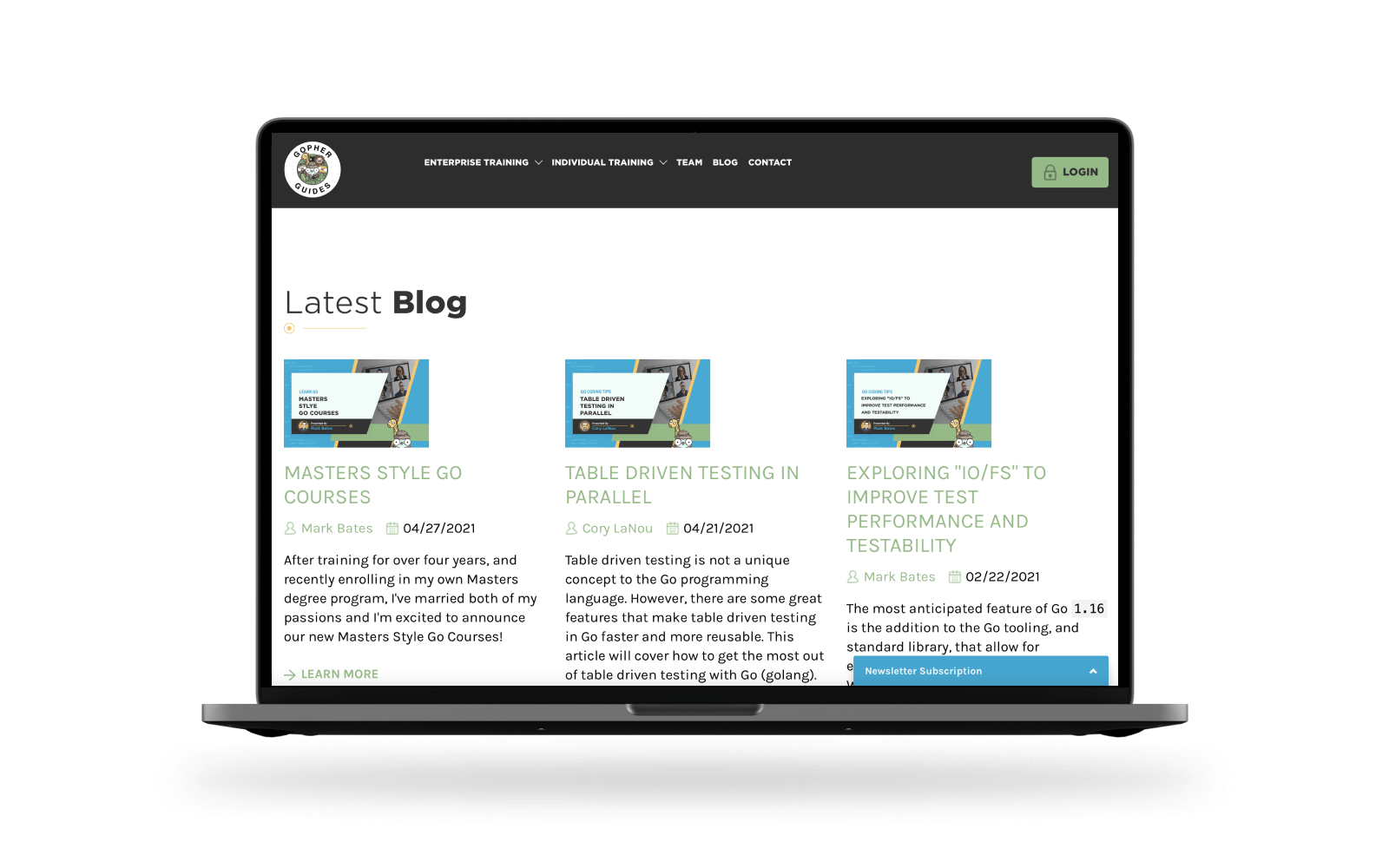
Gopher Guides provides Go consulting, training, support, and auditing to companies using Go in their products. Although there are only a few blog posts, they are good at sharing their knowledge and experience.
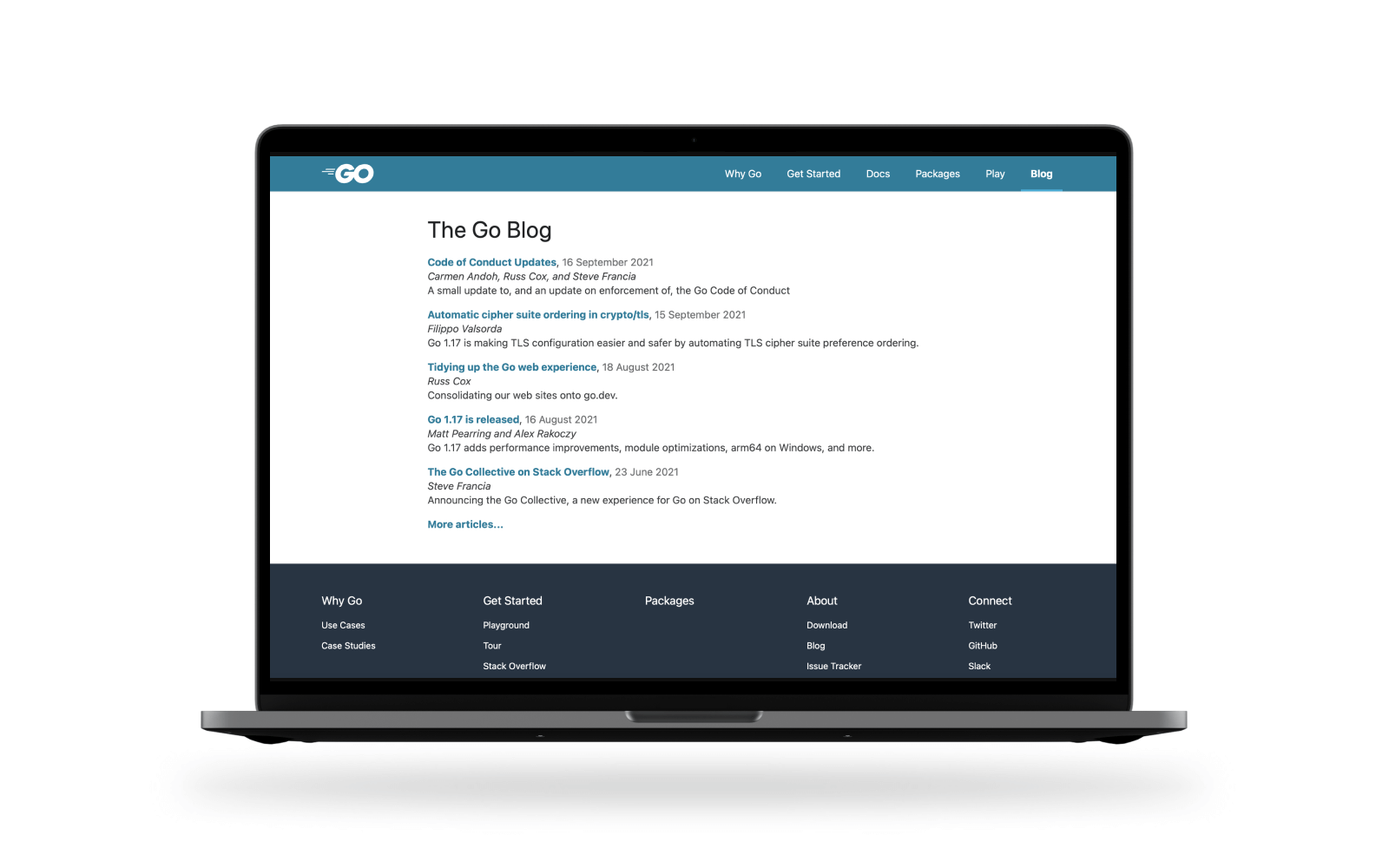
The Go team uses their blog to make announcements about what they are working on, as well as announce new features, tools, releases, and community news. Some of their posts contain detailed information, such as their series on Go modules.
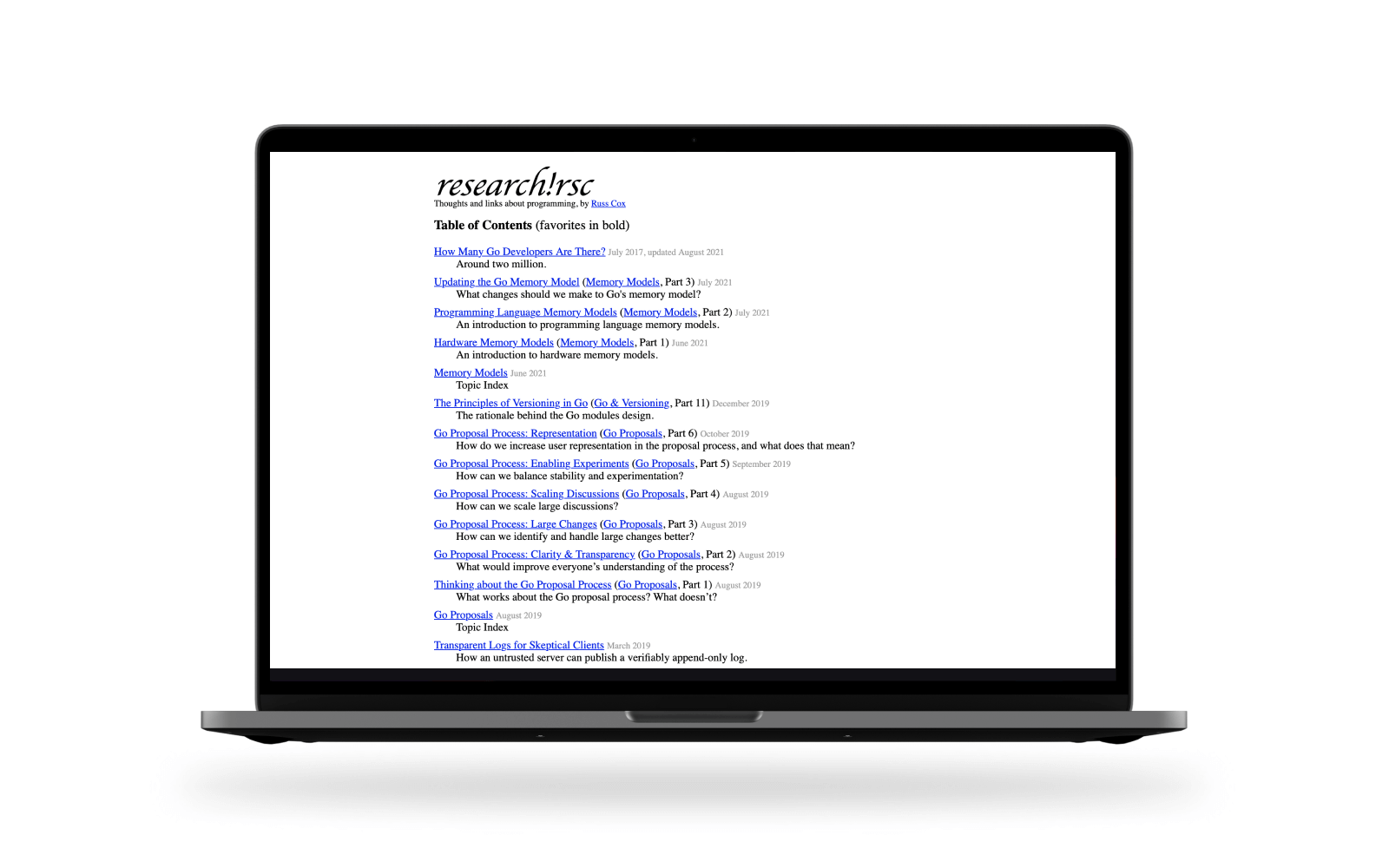
Russ Cox is the chief engineer of Go and leads the team that develops it. Although he wrote several posts on the official Go blog, his own page tends to focus on the thoughts and suggestions he has on Go. His posts tend to be very detailed and go into the smallest details of Go concepts. In fact, the official Go blog often links to his blog to find concepts that need further clarification.
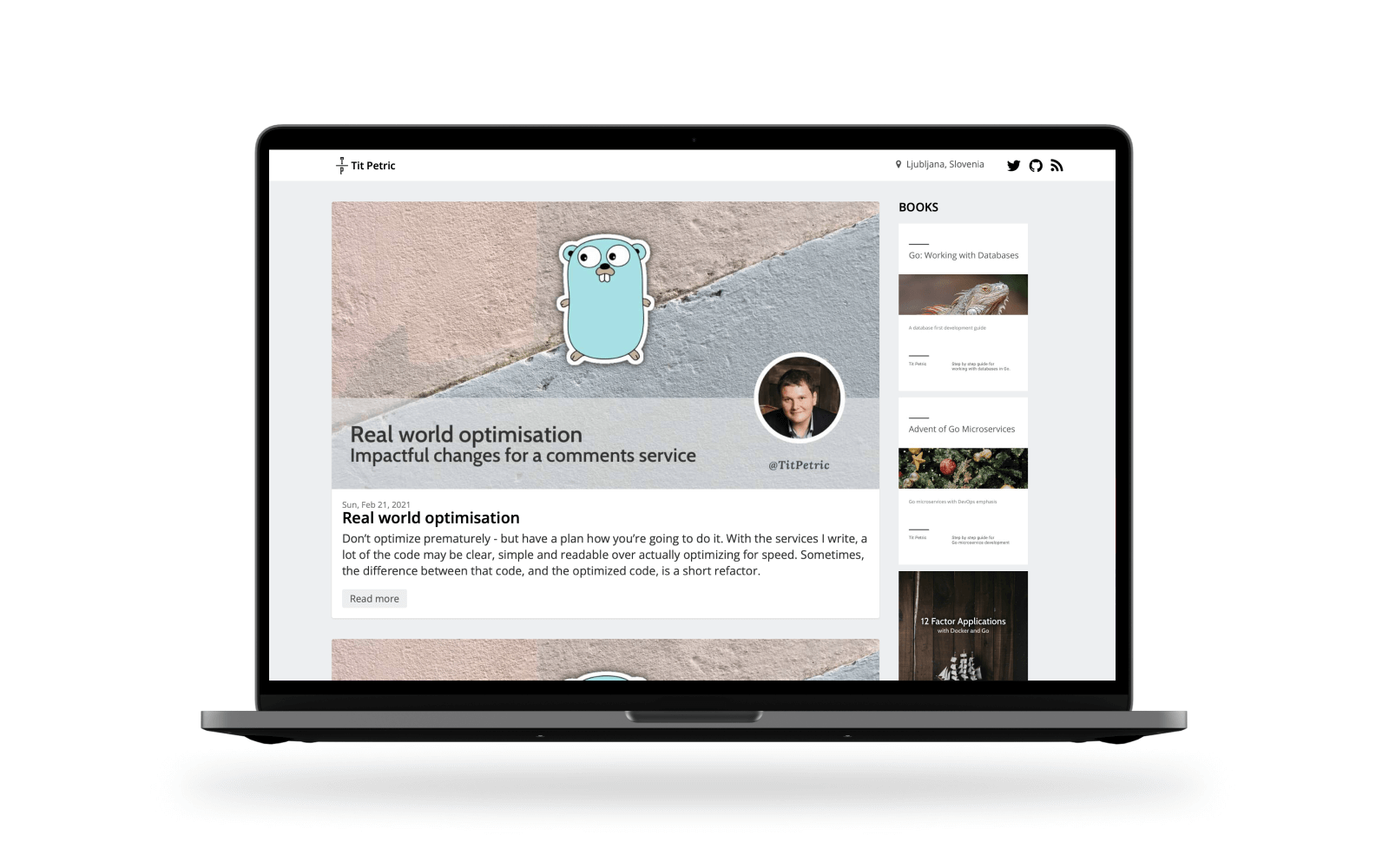
Titus Petric has authored a number of Go books that focus on how to use it effectively in a range of applications. His blog covers topics such as:
- performance optimization,
- problem-solving,
- high traffic,
- high availability,
- virtualization,
- Docker.
All with detailed examples.
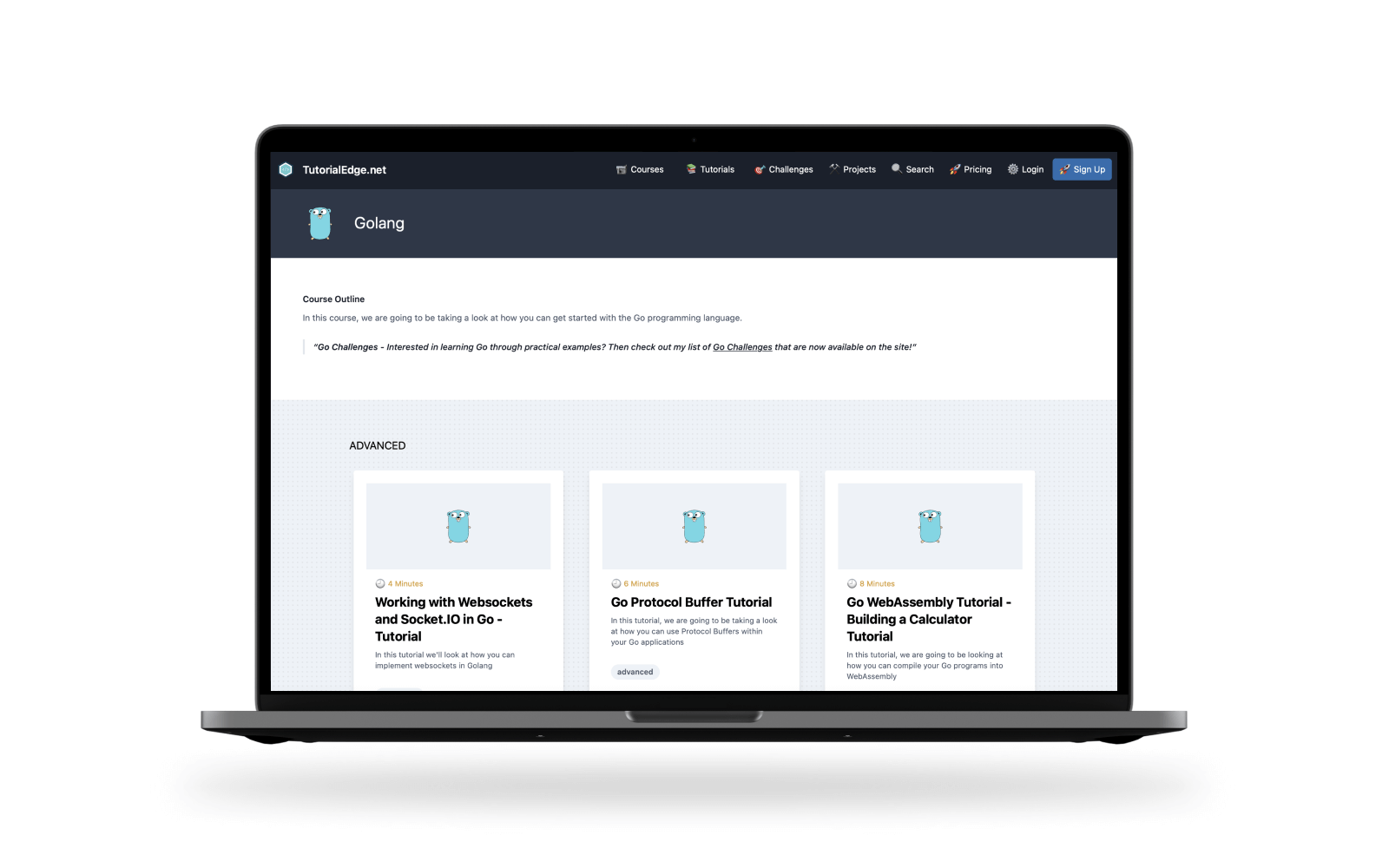
Tutorial Edge publishes all sorts of tutorials on computer science, front-end frameworks, web and cloud development, programming languages, and more. Its Go section is extensive and posts range from beginner-friendly to more advanced, all well cataloged and categorized. A recent post is about getting started with Go functions for WebAssembly. He is supported by Elliot Forbes.
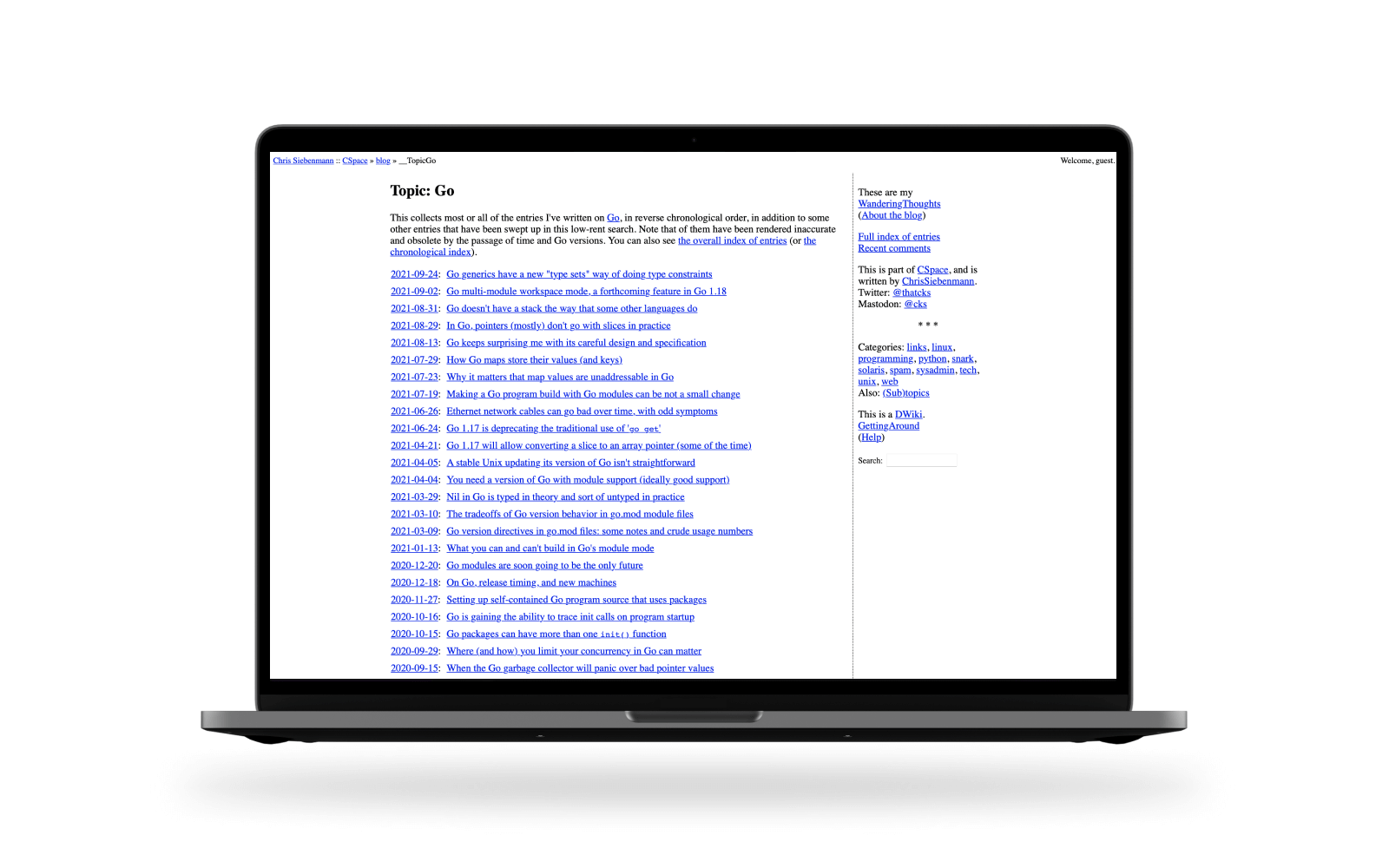
Chris Siebenmann works in the Department of Computer Science at the University of Toronto. While his Wandering Thoughts blog covers a wide range of topics, a number of his recent posts have focused on best practices for using Go and his thoughts on the language.
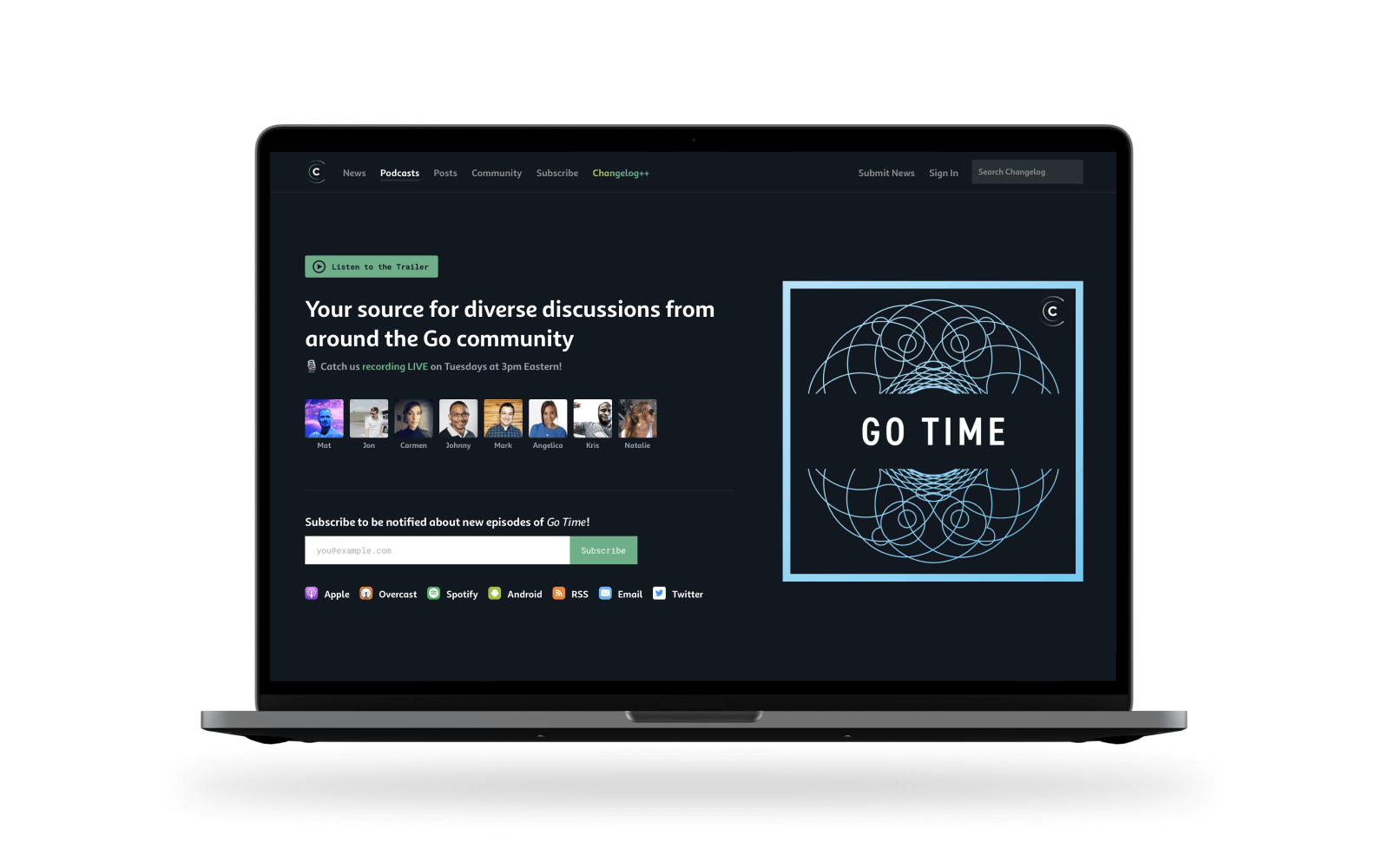
A group of Go experts and special guests discuss the Go programming language, the community, and everything in between. This show is recorded live on Thursdays at 3:00 pm ET. Hosts Erik St. Martin, Carlisia Pinto, and Brian Ketelsen welcome guests from the entire Go community. Topics include Golang, DevOps, web development, infrastructure, Kubernetes, and more. Whether you are developing or are just aspiring to start, this is a show for you.
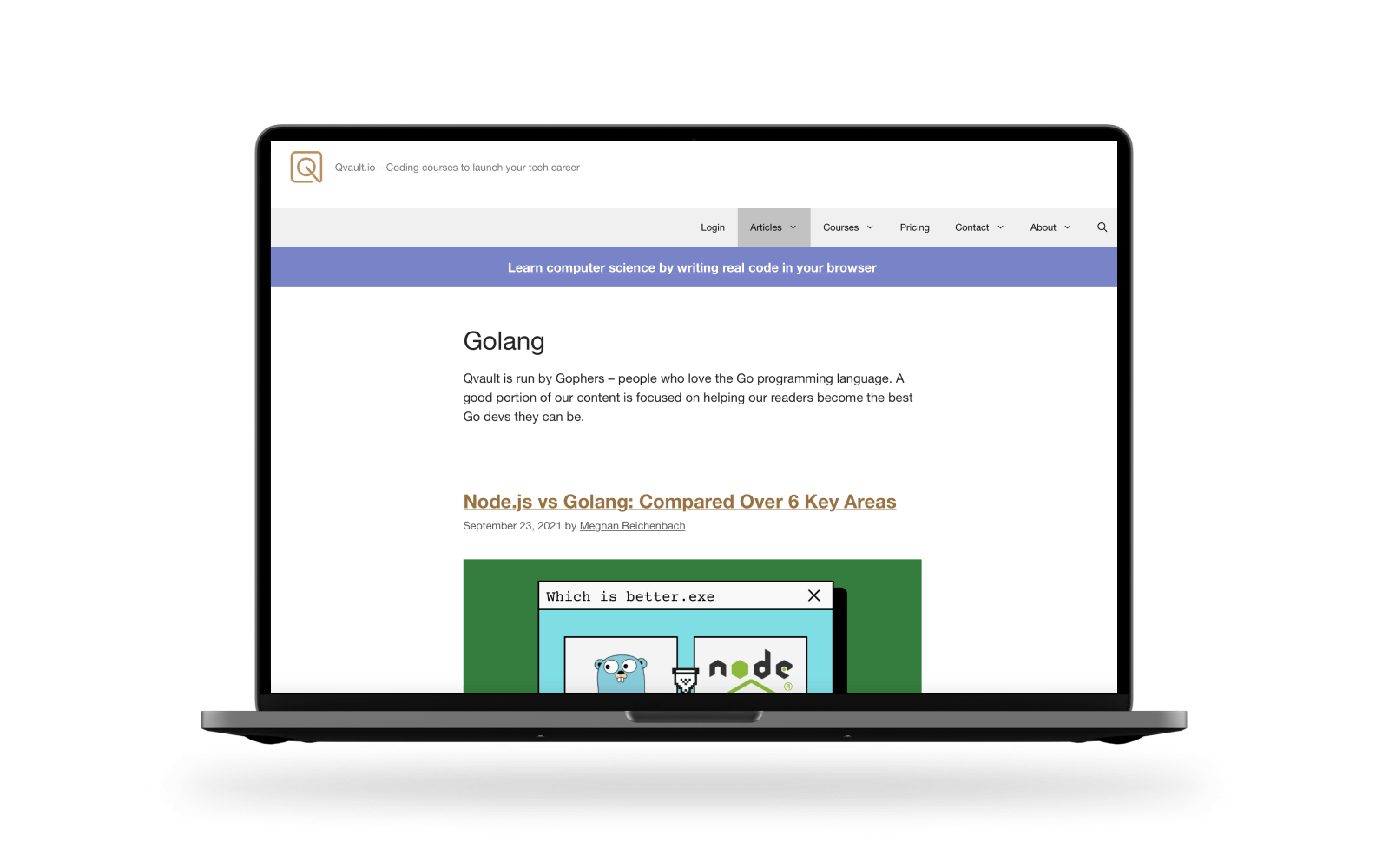
Qvault is home to high-quality programming courses and articles. Its carefully crafted articles focused on best practices for coding in Golang are something out of this planet. The founders of the portal hope to help programmers of all skill levels improve on a daily basis. Quality is by far their top priority.
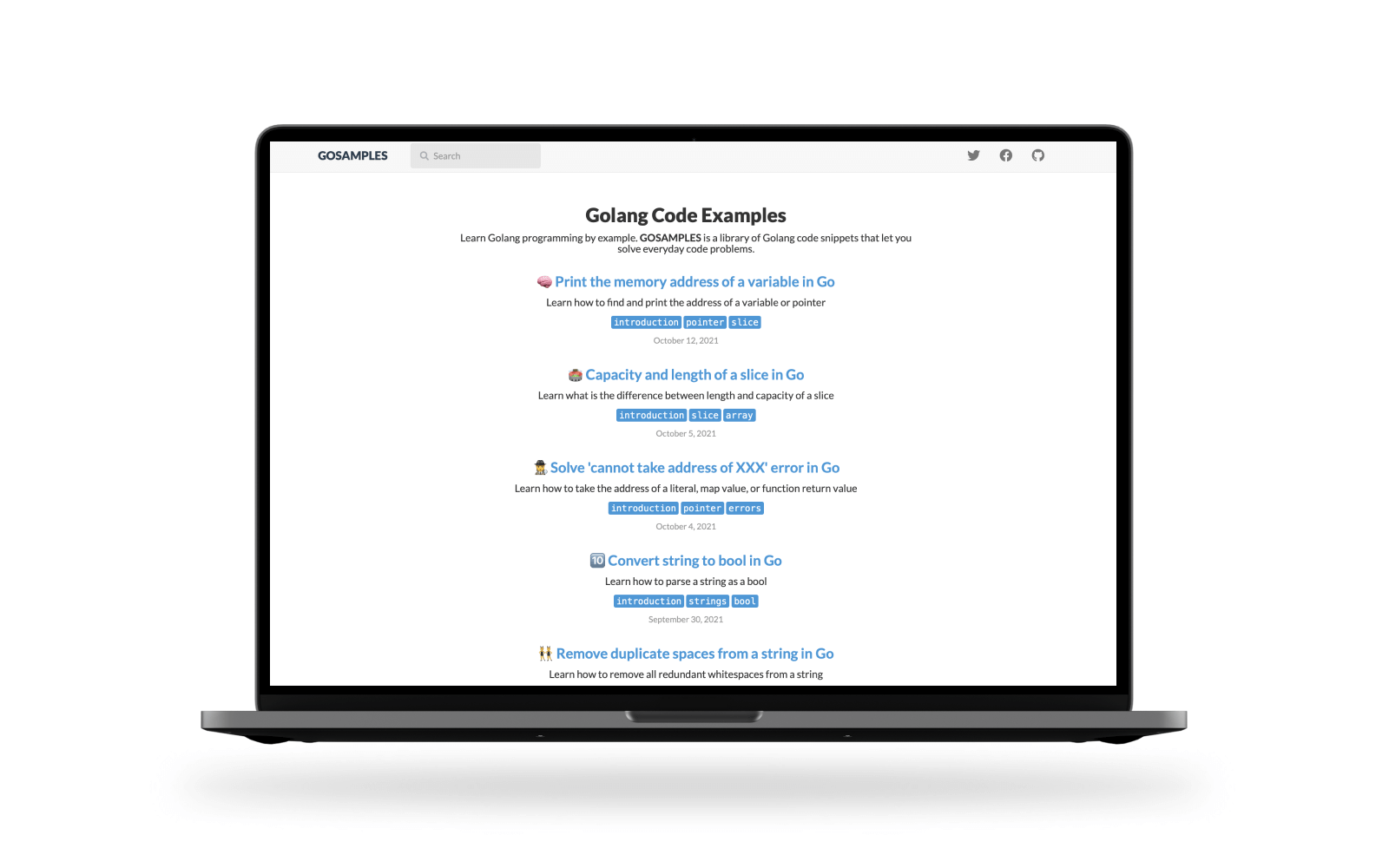
GOSAMPLES is a Golang code snippet library that solves day-to-day code problems by providing answers based on well-thought-out and real code examples with detailed explanations.
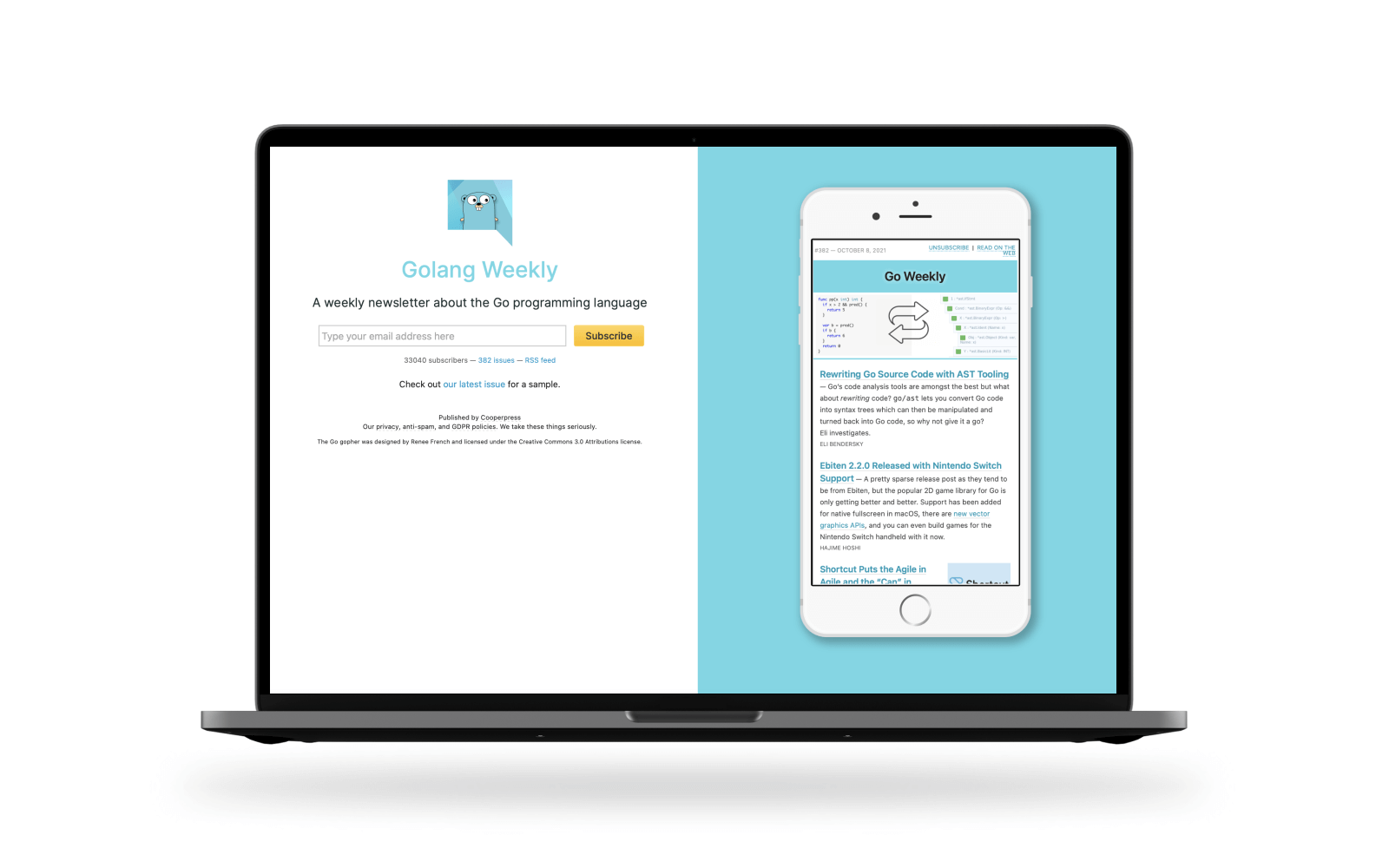
This website is a weekly newsletter about the Go programming language. Want to keep up with the latest Go trends, news, and updates? Choose the sources you most like and every bit of info gathered in one place. Don’t miss a chance to use this unique feature!
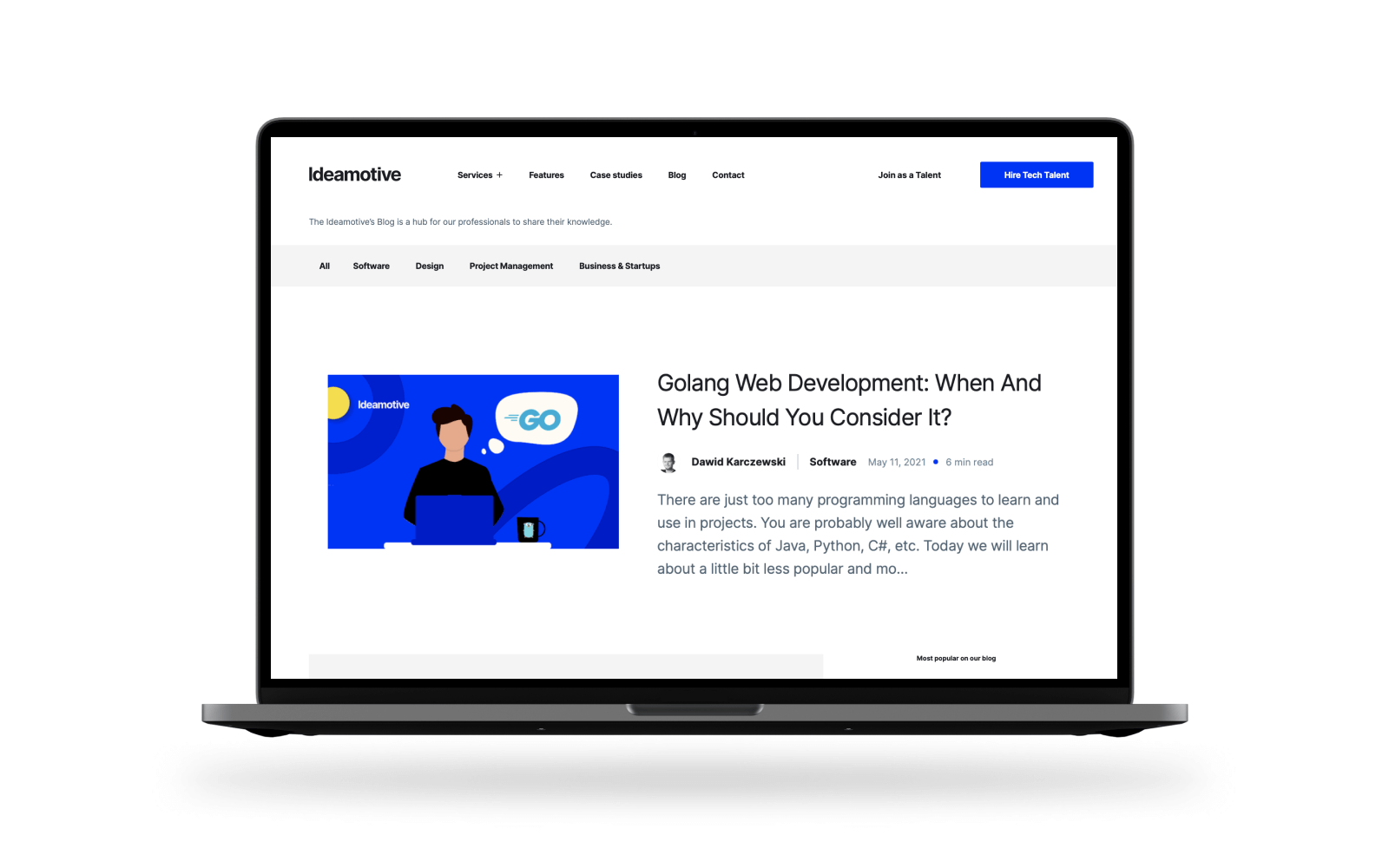
Ideamotive also maintains its own blog, with a huge part dedicated to Golang! We write for both developers and project managers, providing the perfect overview of the framework to anyone who wants to learn more about it.
If you are looking for interesting Go-related tips, guides and news, we recommend that you also follow our blog.
Here you will always find proven and up-to-date knowledge from our Go experts.
Check out the latest pieces related to the topic:
Conclusion
Keeping up with Go blogs is a smart way to stay up to date on how others are using Go to solve problems. There is so much content on Go, and it’s not just limited to blogs; more and more people are turning to video and audio to share their content on Go, not to mention all the Go forums and newsletters available.
There is always something new to learn about Go, and there are always more or less interesting ways to work with it. If you know of other Go blogs that we should include on this list, please tell us about them.
If you enjoyed it, don’t miss our other lists of the best tech blogs.
Or maybe you are looking for Go developer remote jobs? If so, why not get involved in amazing projects for international startups?
Join the Ideamotive Talent Network ➡️ get matched with awesome projects ➡️ grow your career ➕ work on your terms.
Why choose us? Ideamotive is running an extensive network of developers, little software houses, and freelance contractors. Our main focus is matching developers with projects, taking into consideration the right technology, their industry experience, and company culture fit.
Our talents are driving the future of technology forward by creating a space for the gathering, growth, and development of technicians, as well as being a conduit for companies to attract these talents.
What you get with Ideamotive:
- Participation in an active community for tech and business professionals to communicate, share information, and learn through social events, thought leadership, and formal networking events
- Professional training and resources to help you develop your skills.
Don’t hesitate to contact us right now. The projects of your dreams are just a click away!















![Toni Kroos là ai? [ sự thật về tiểu sử đầy đủ Toni Kroos ]](https://evbn.org/wp-content/uploads/New-Project-6635-1671934592.jpg)


